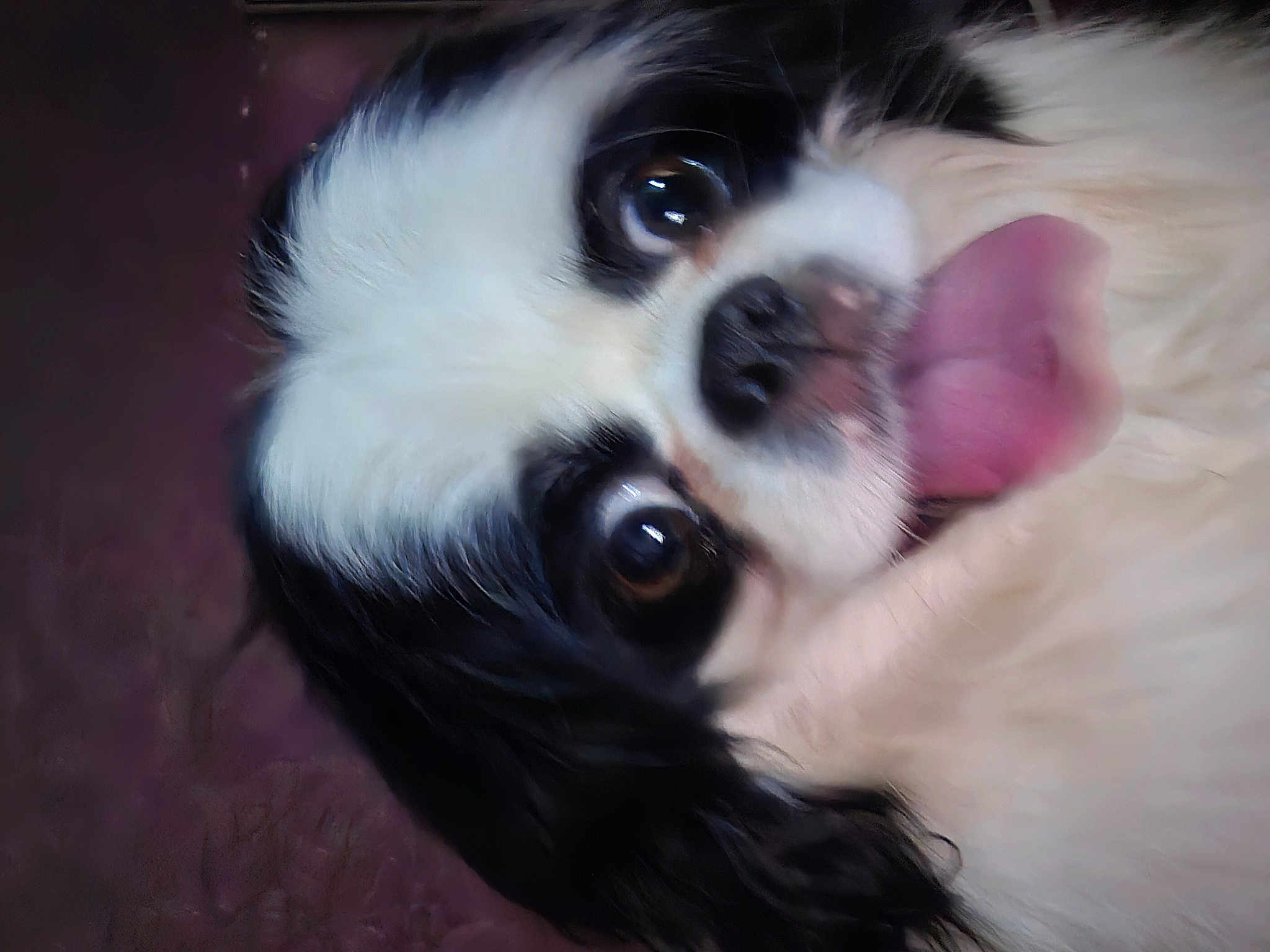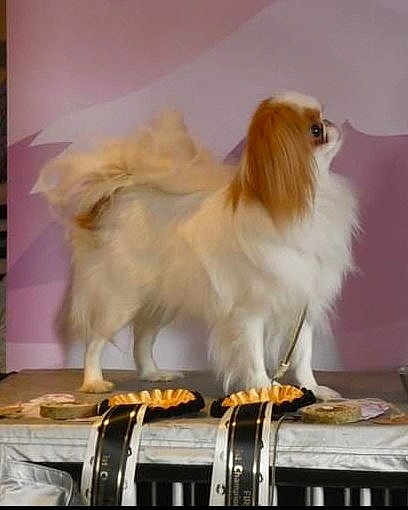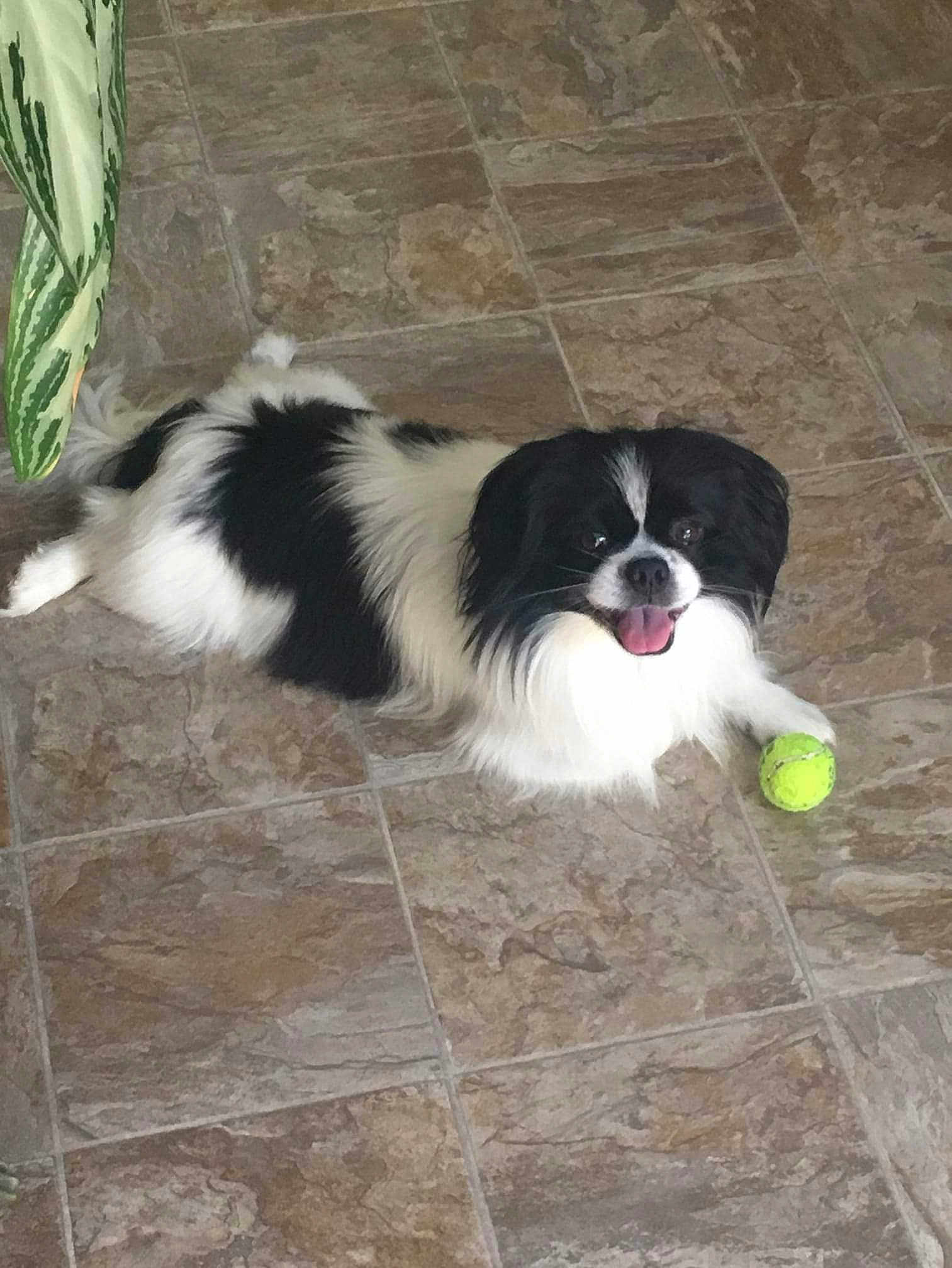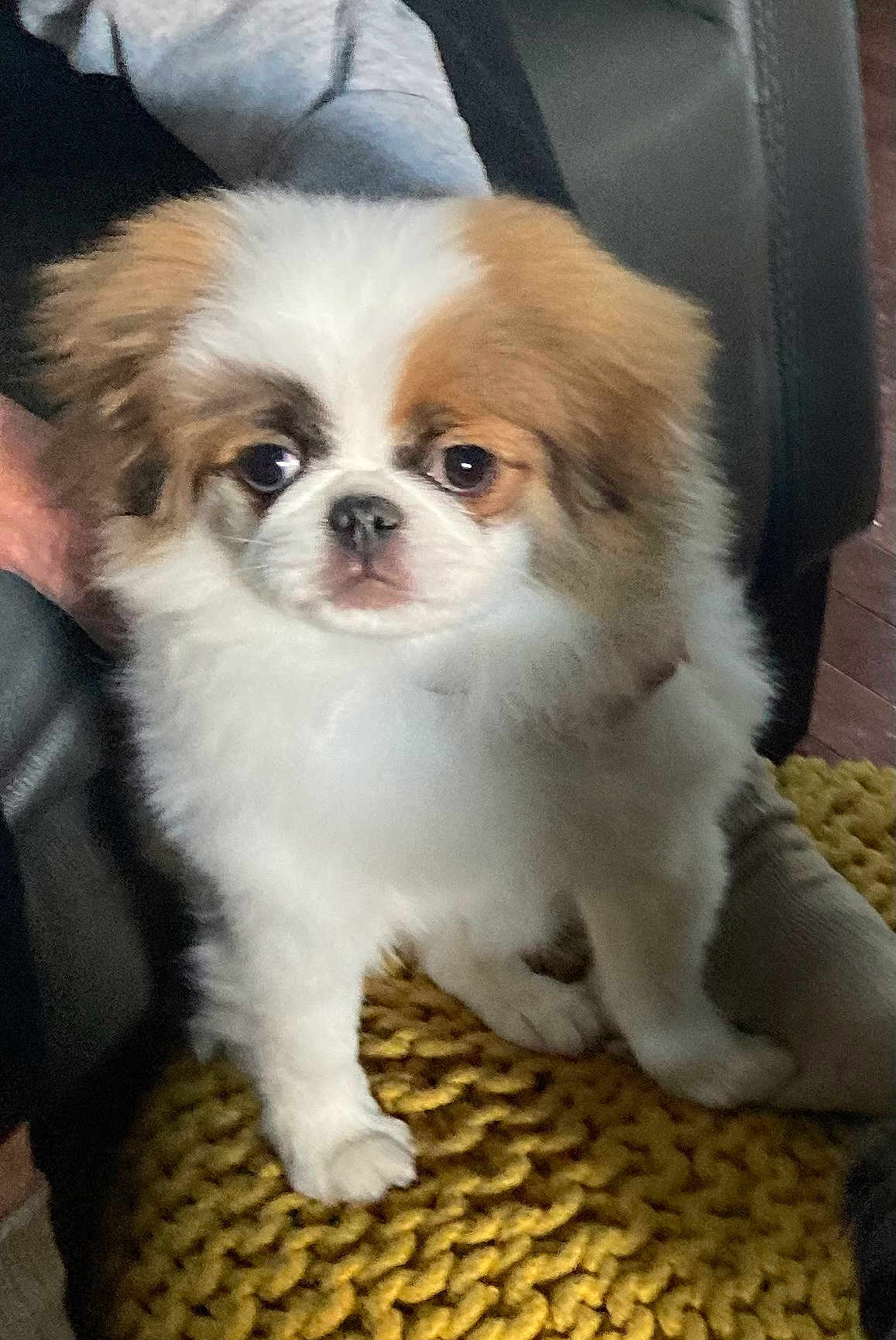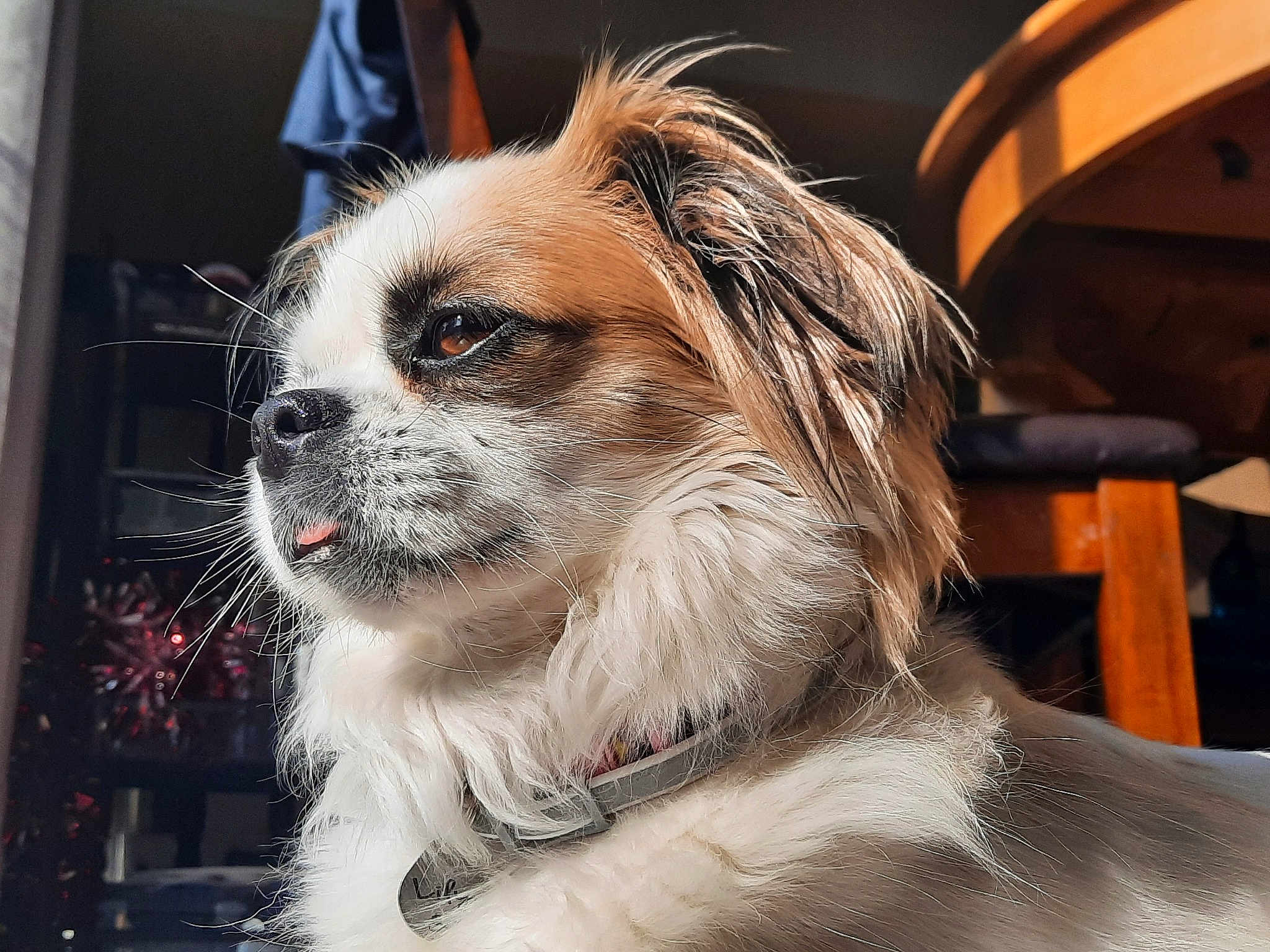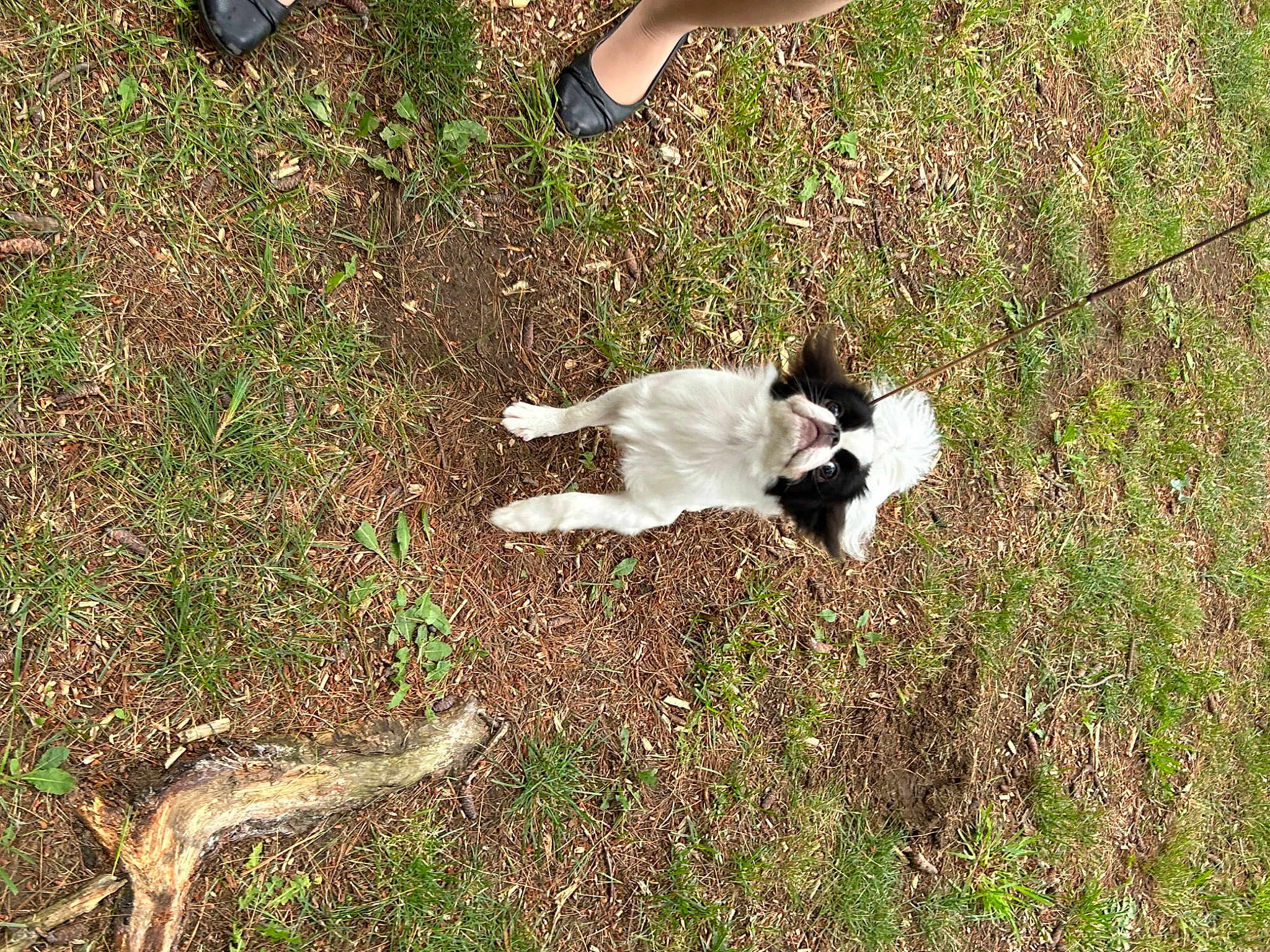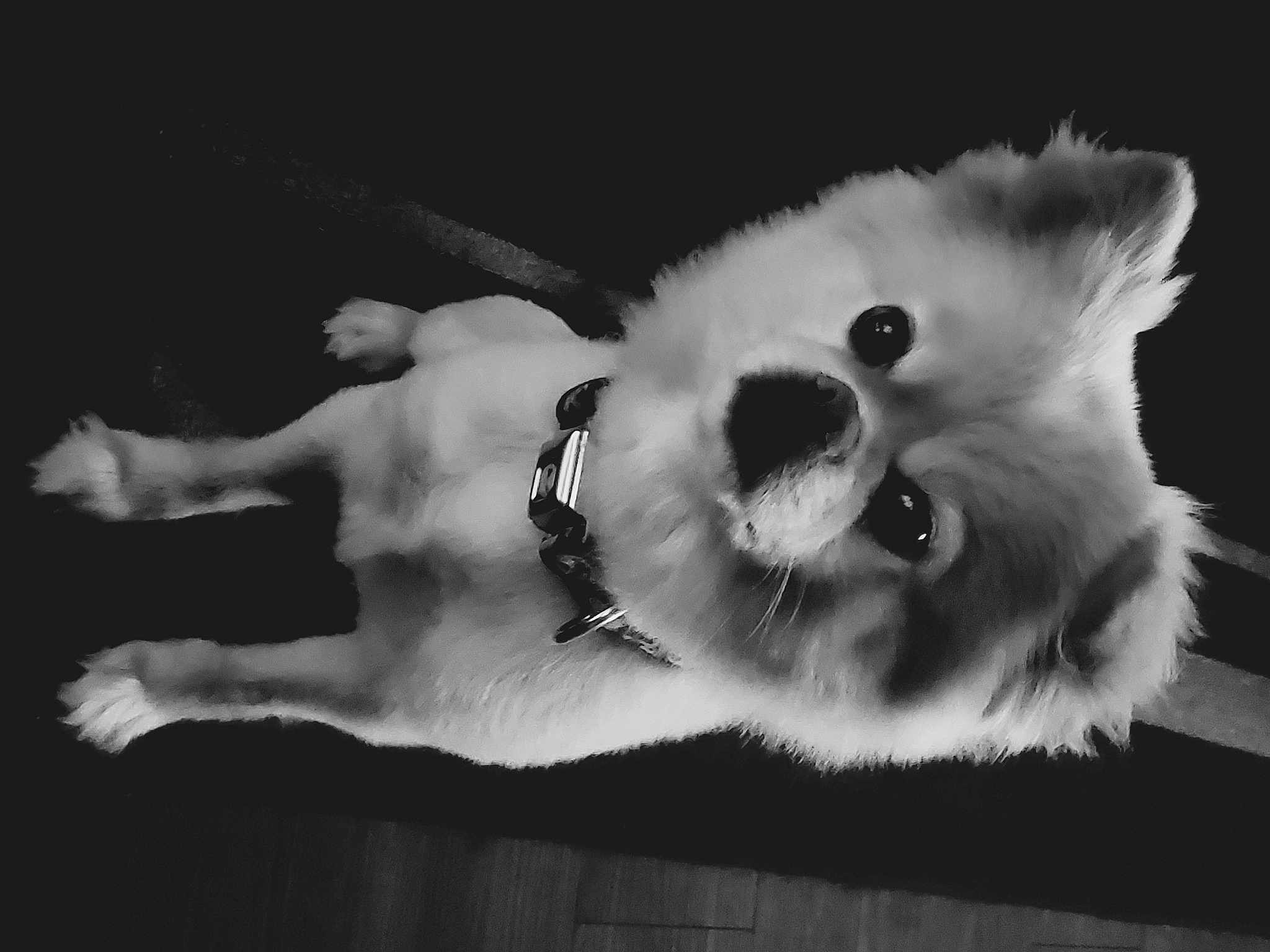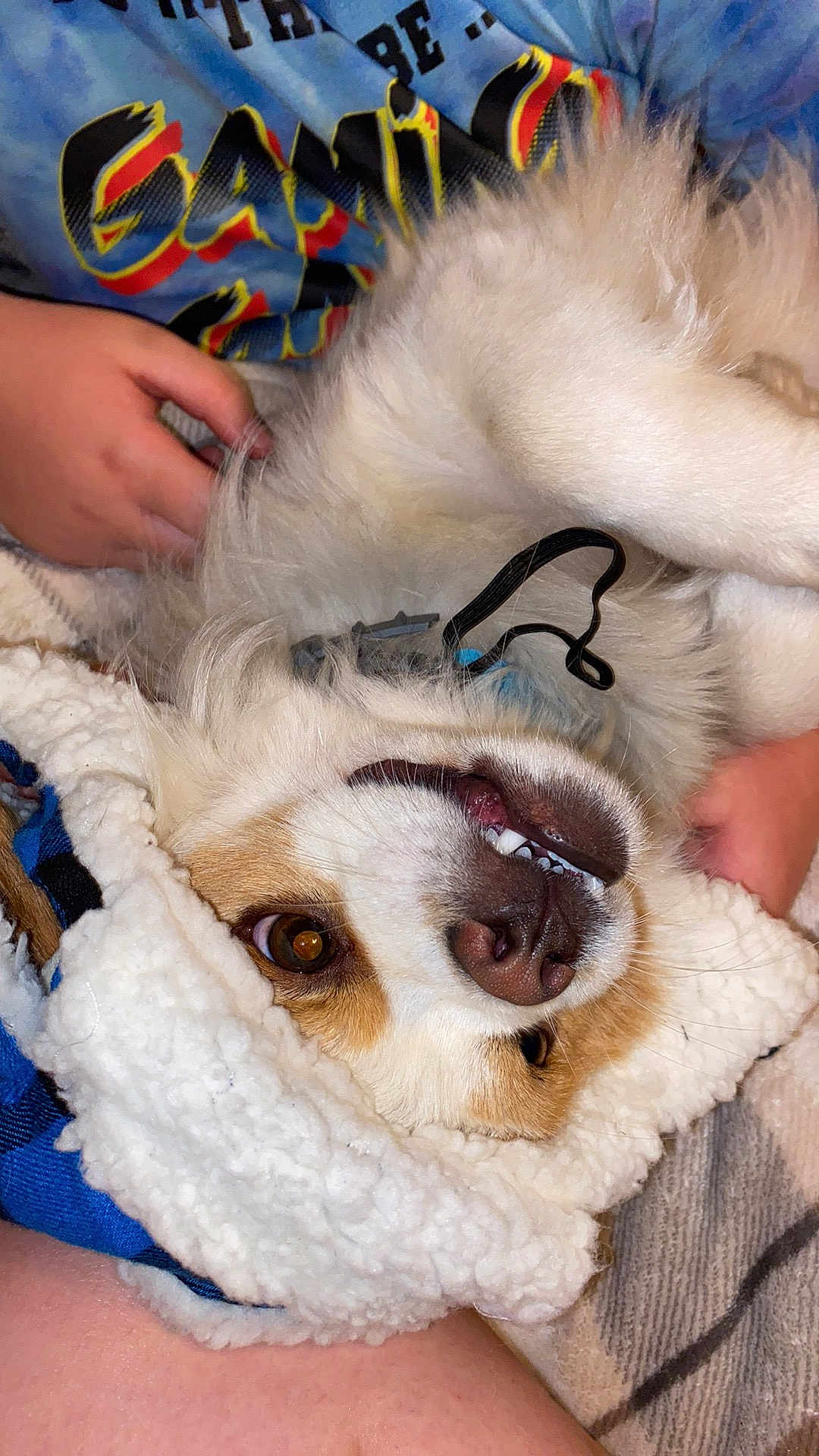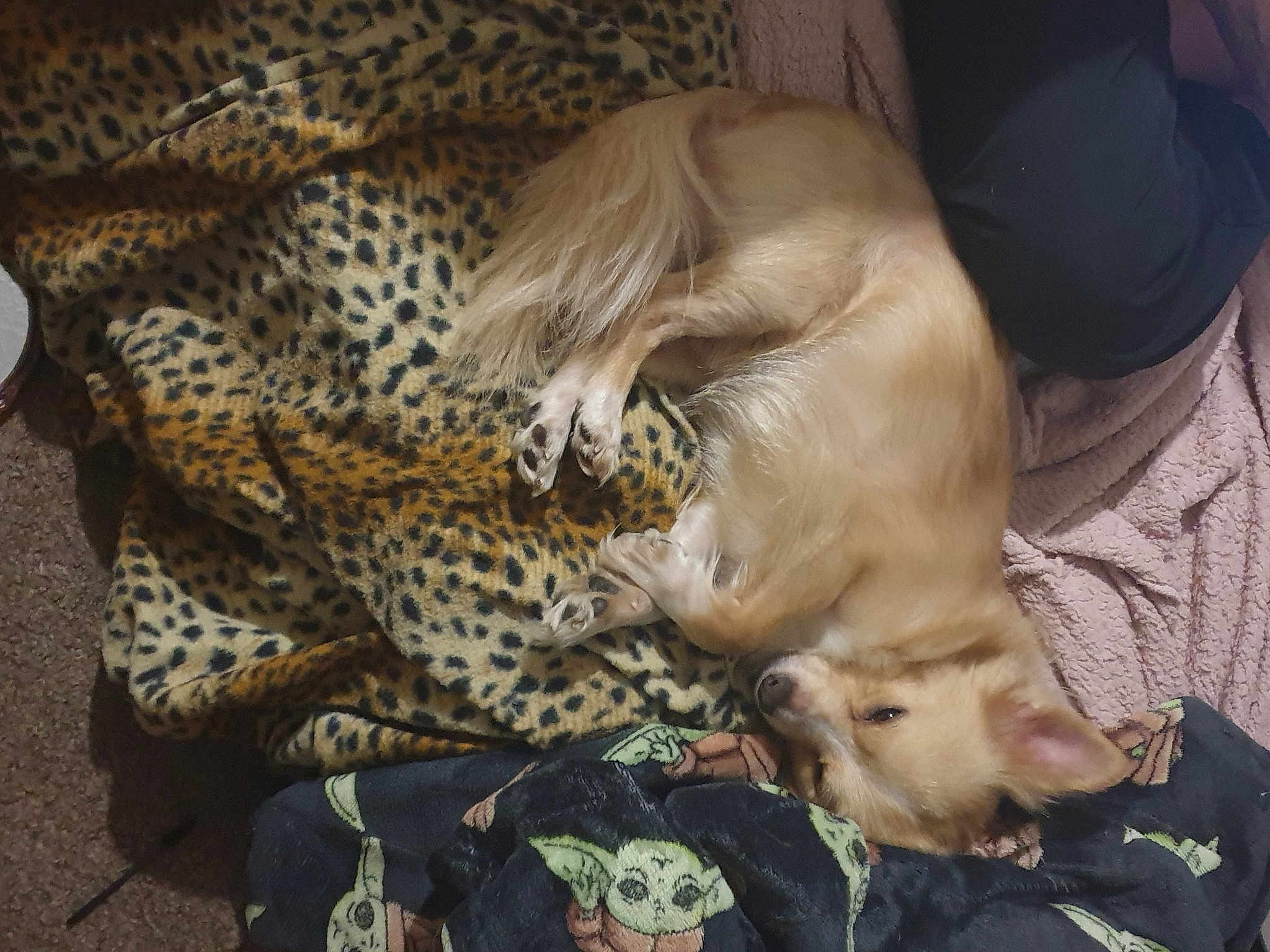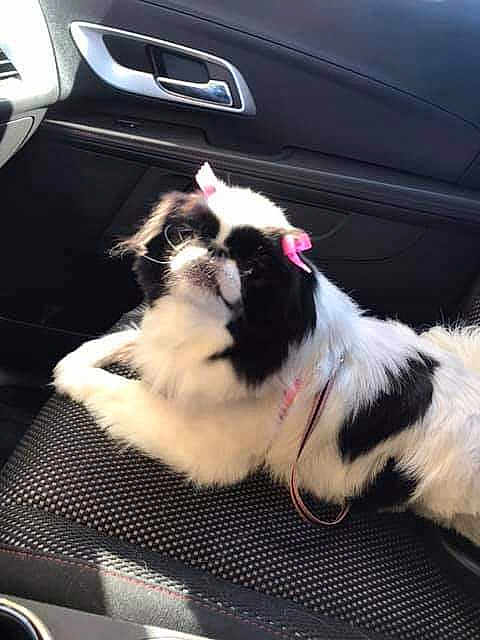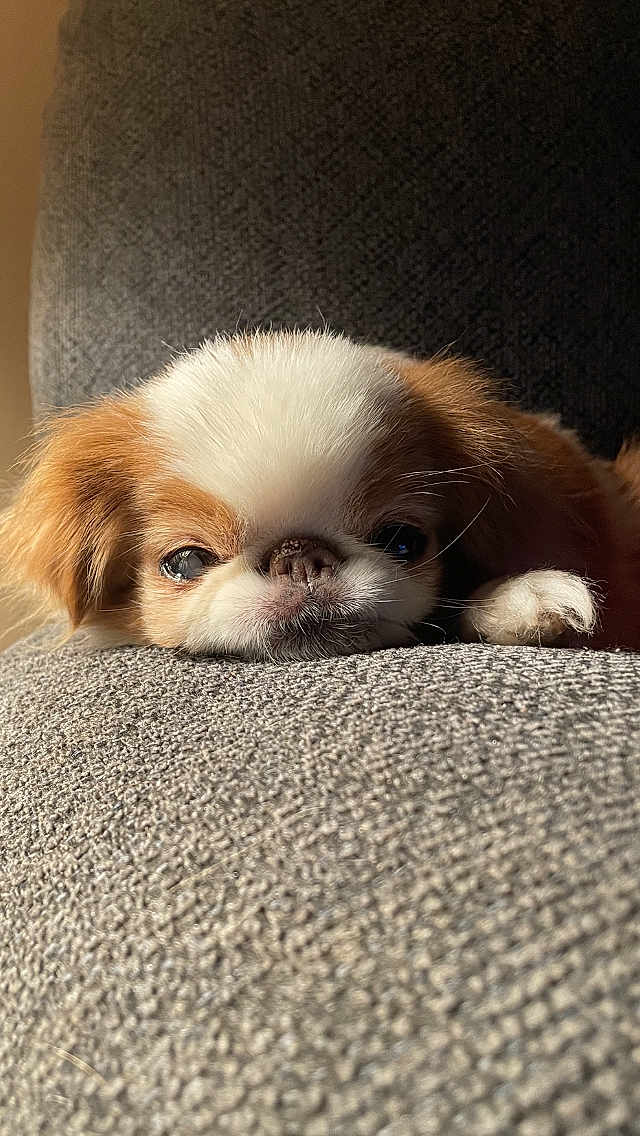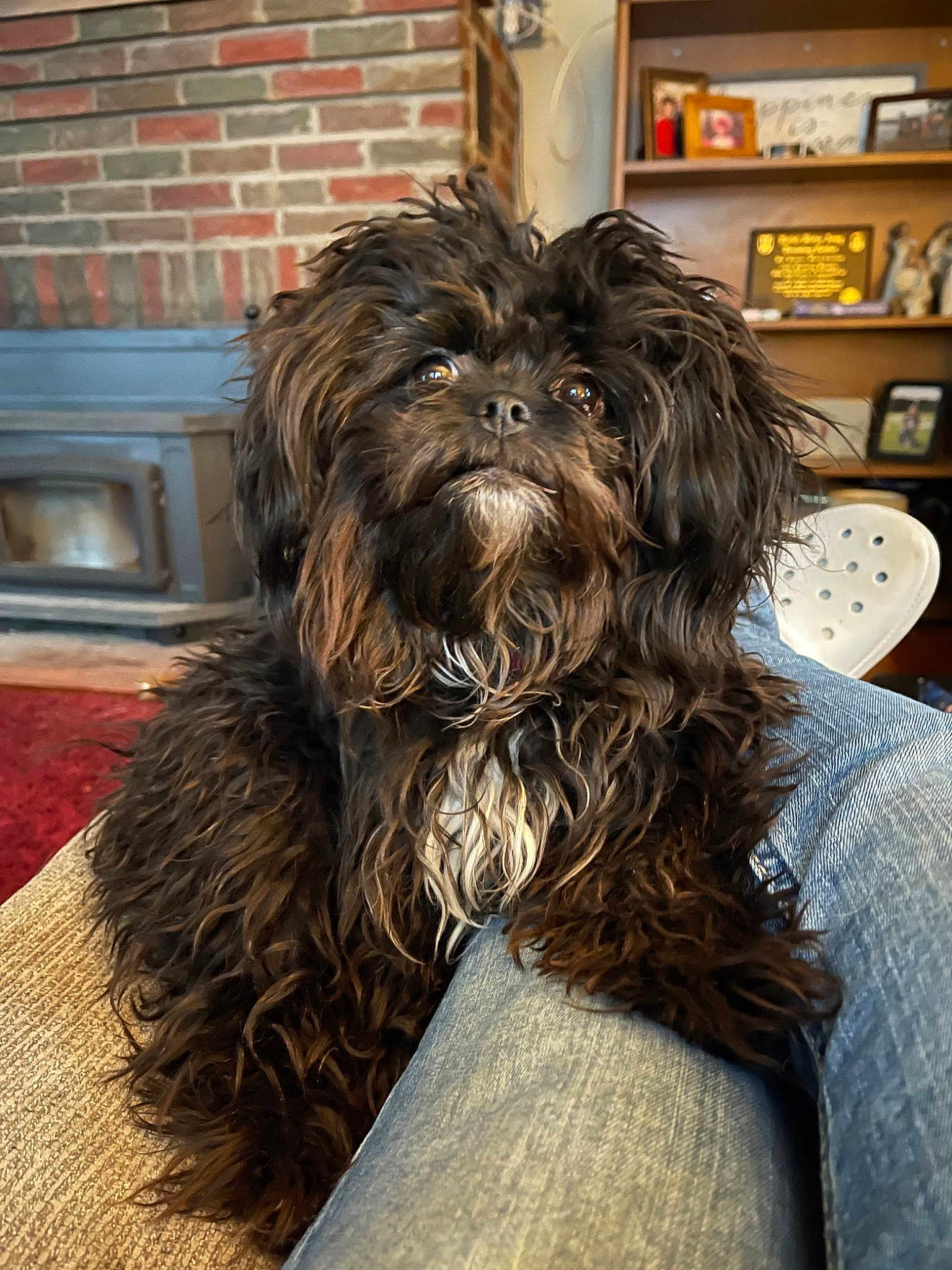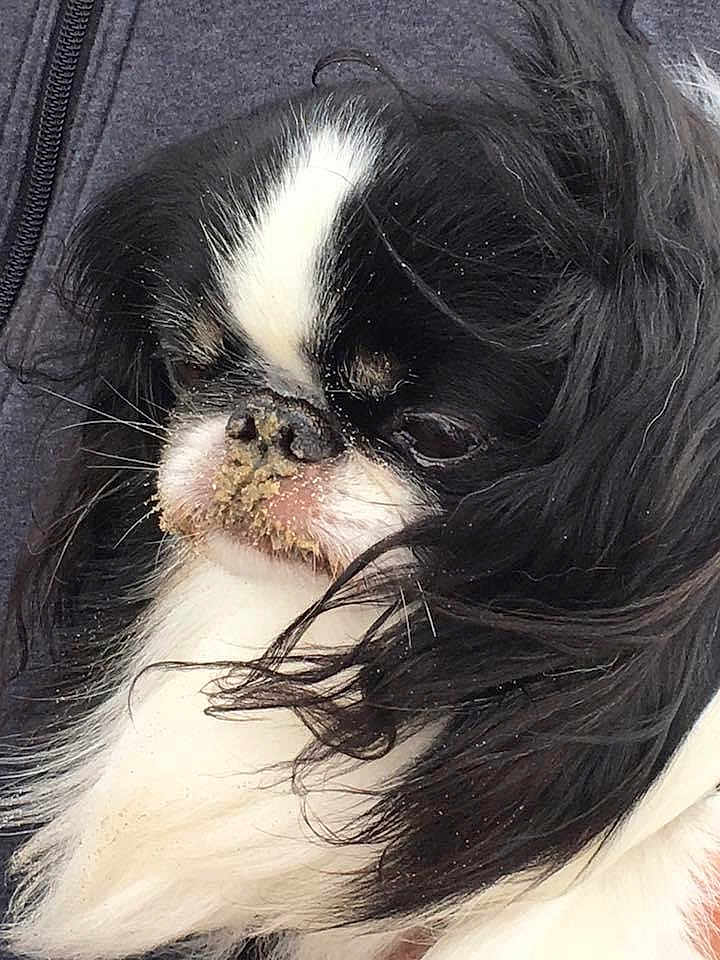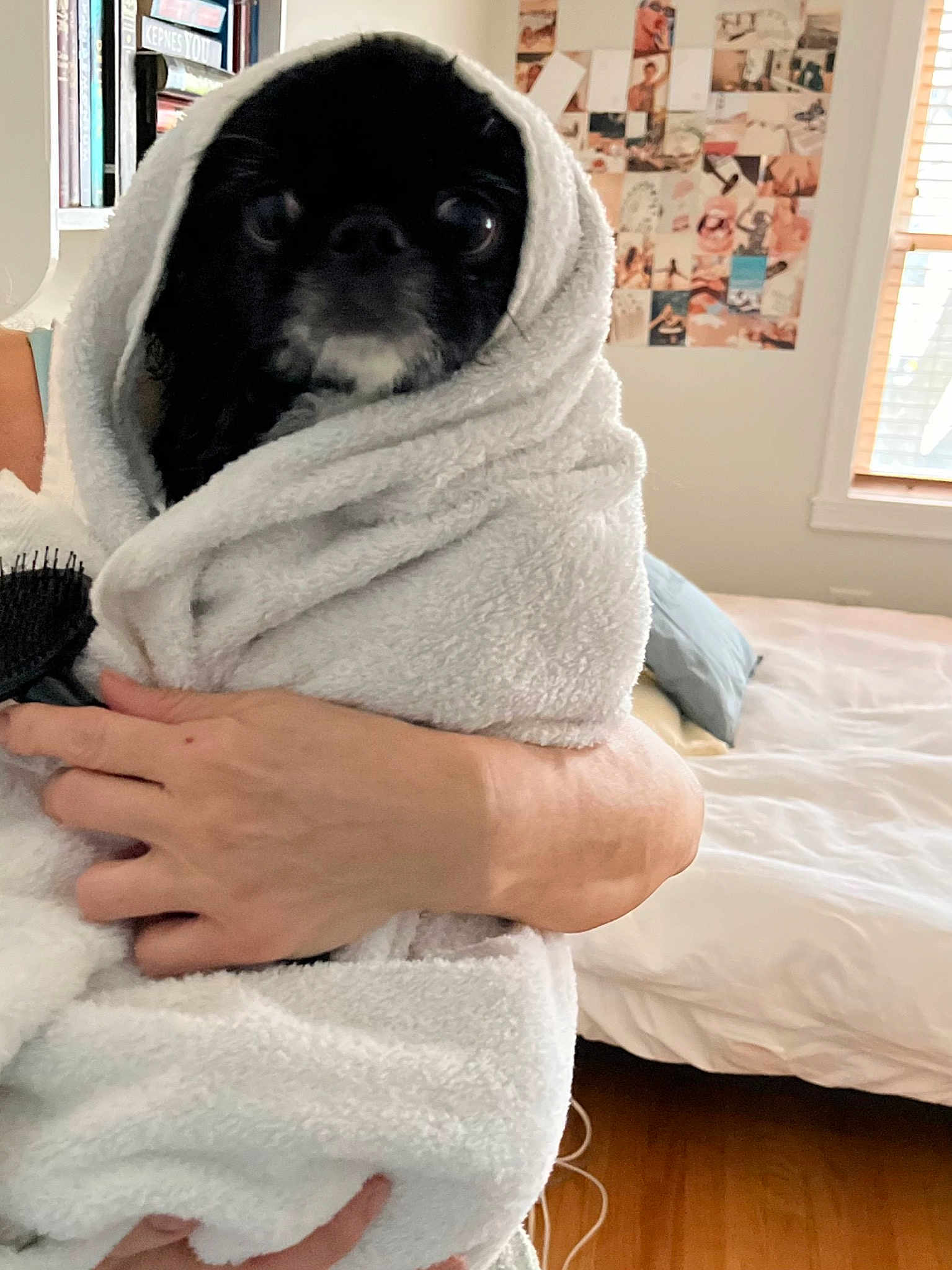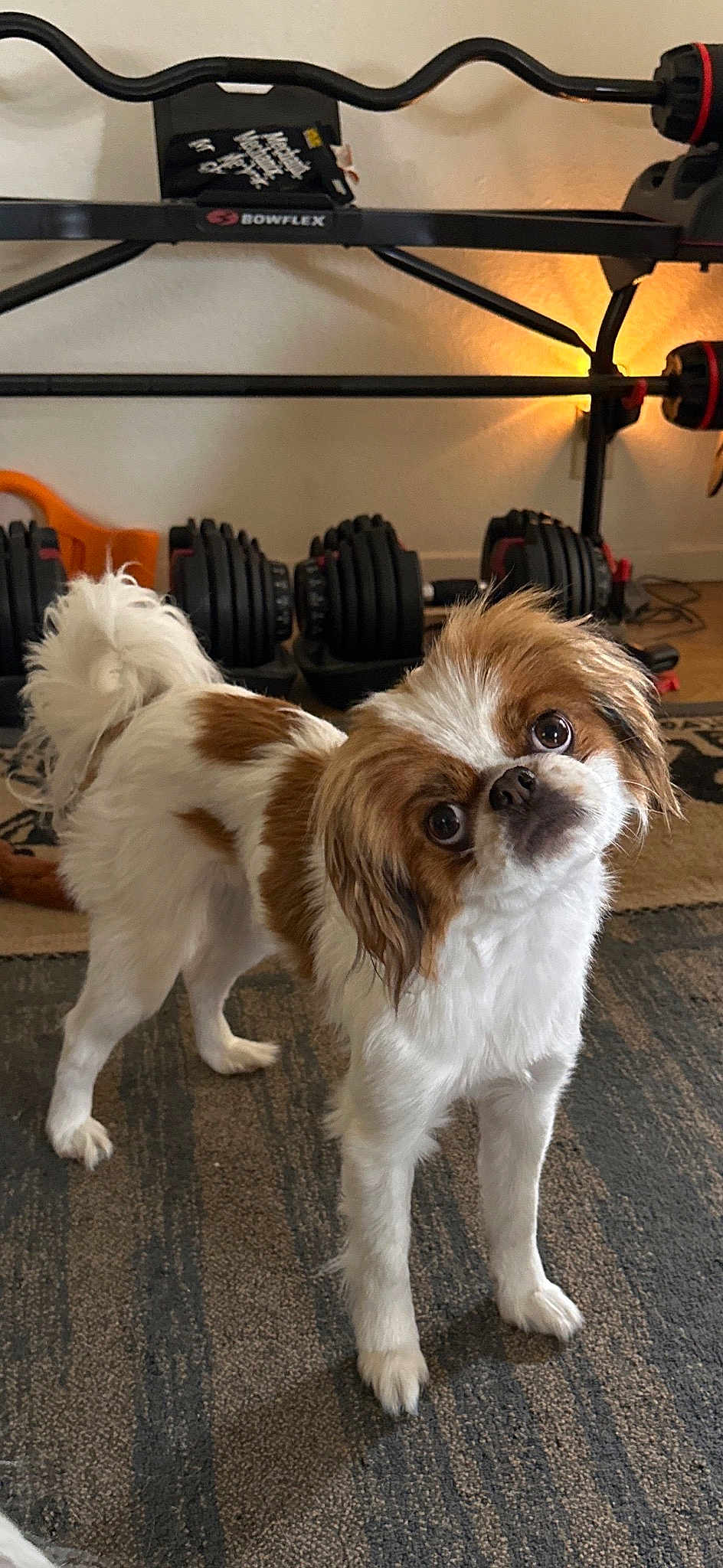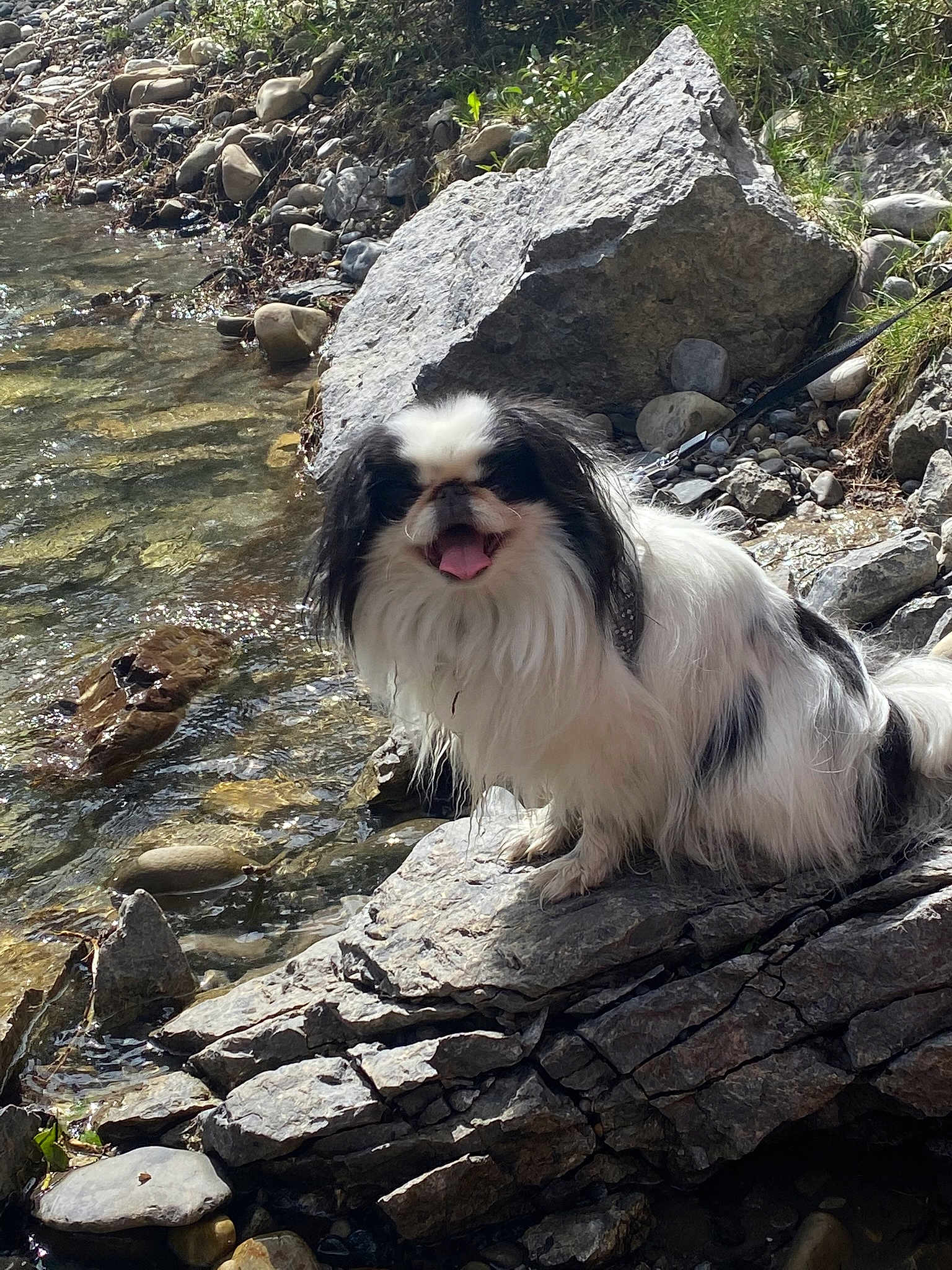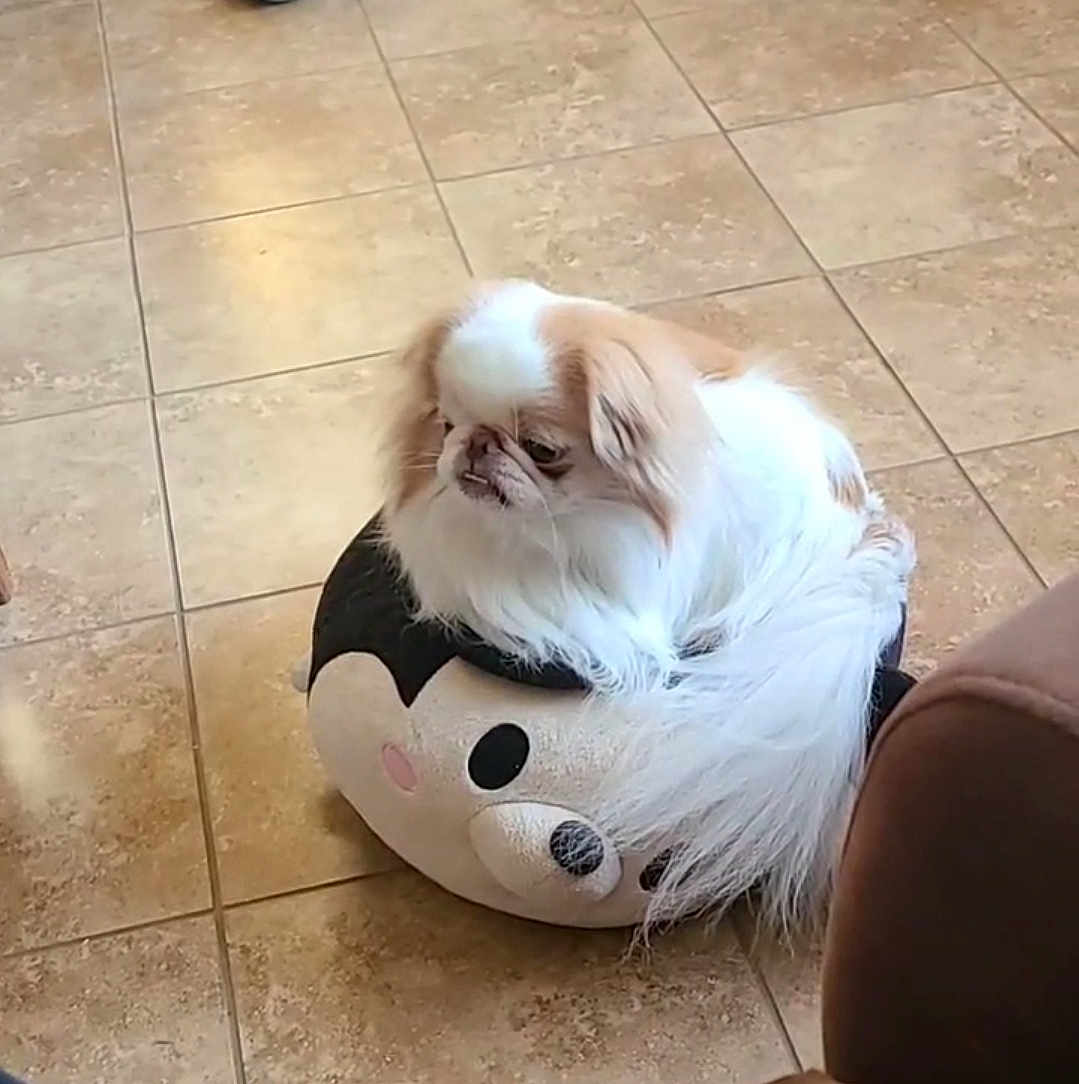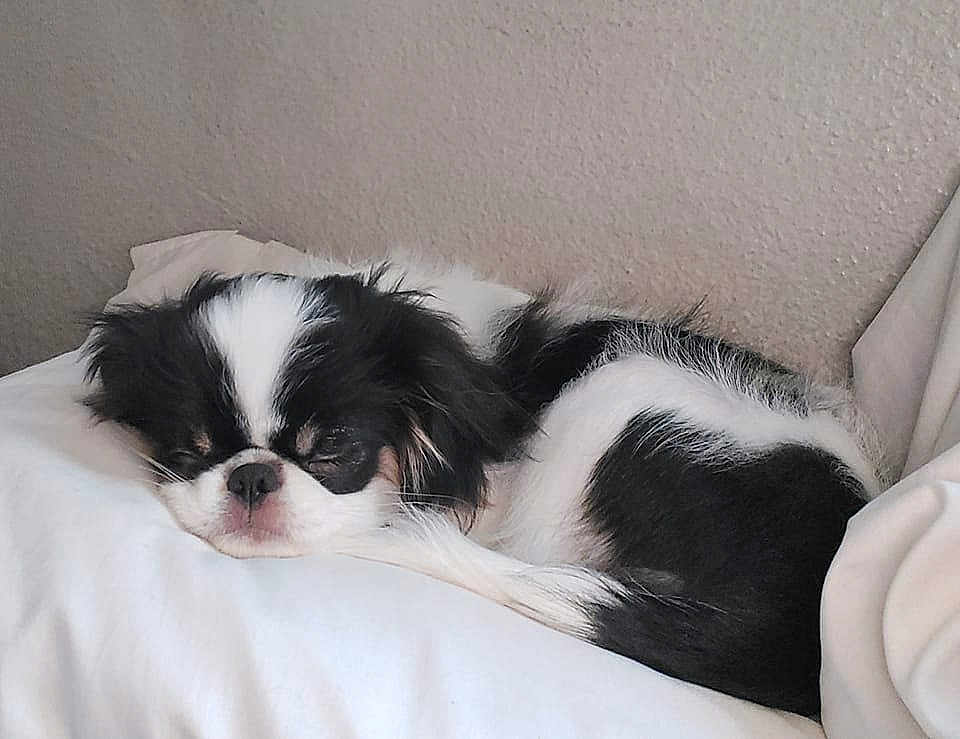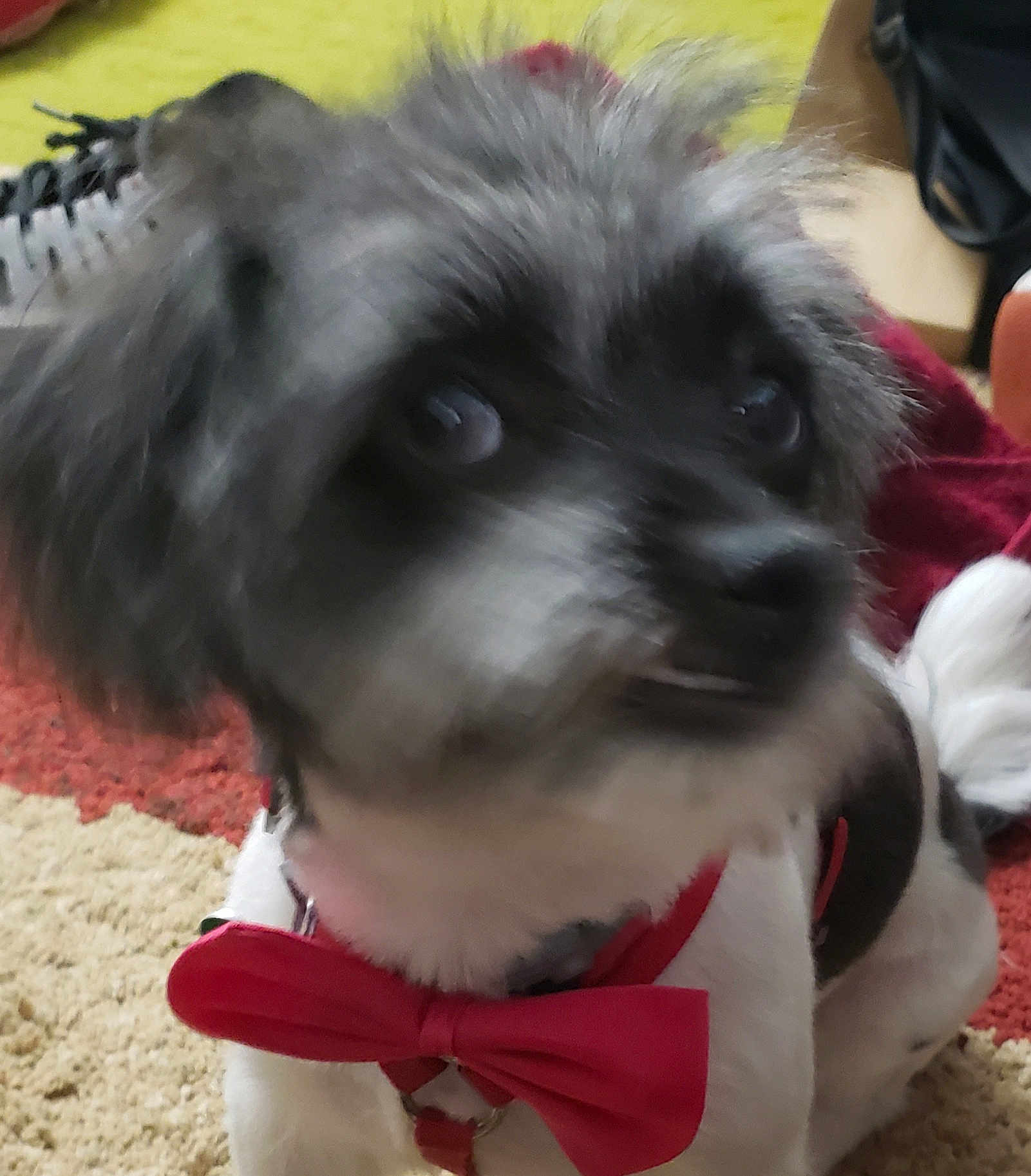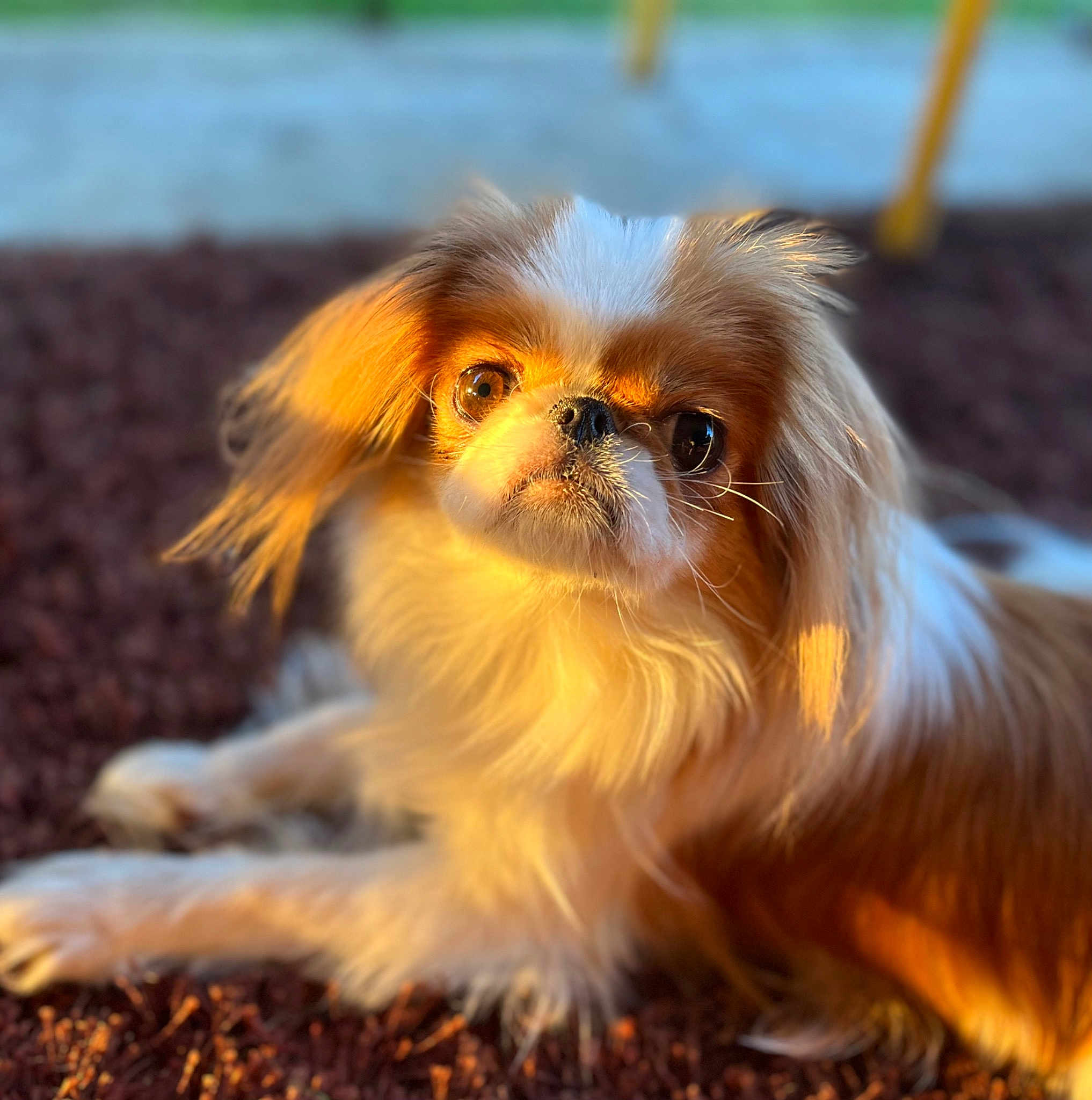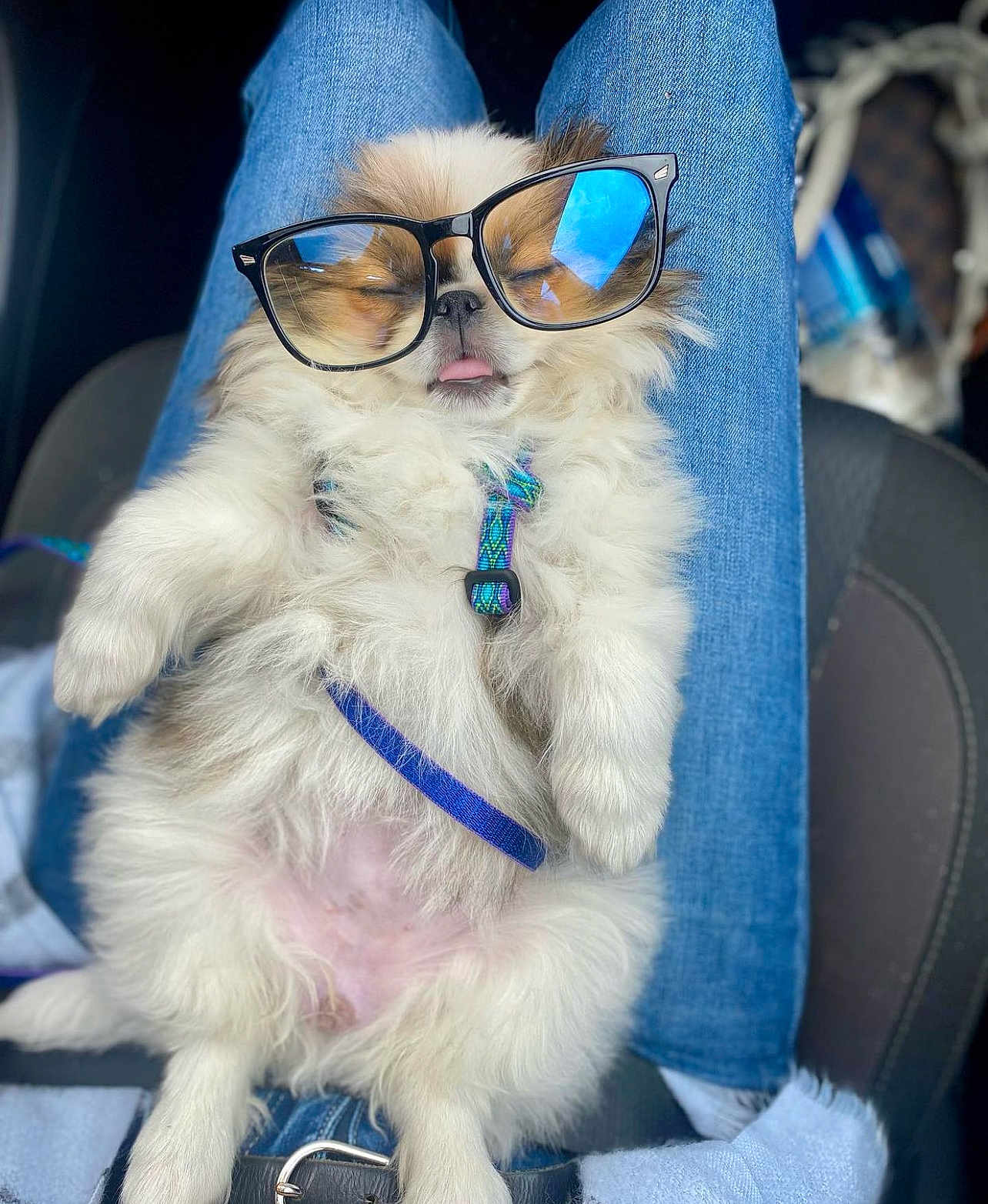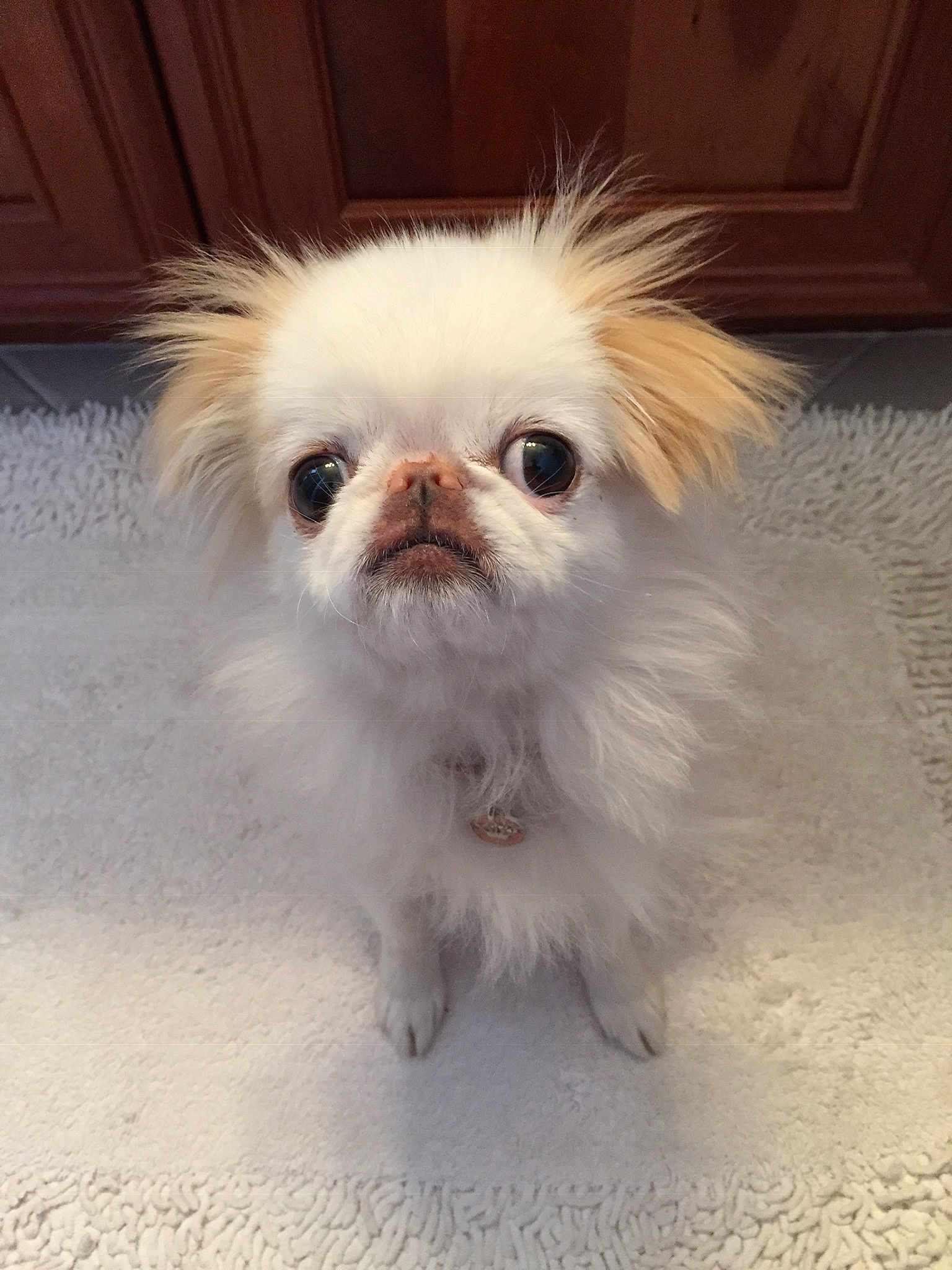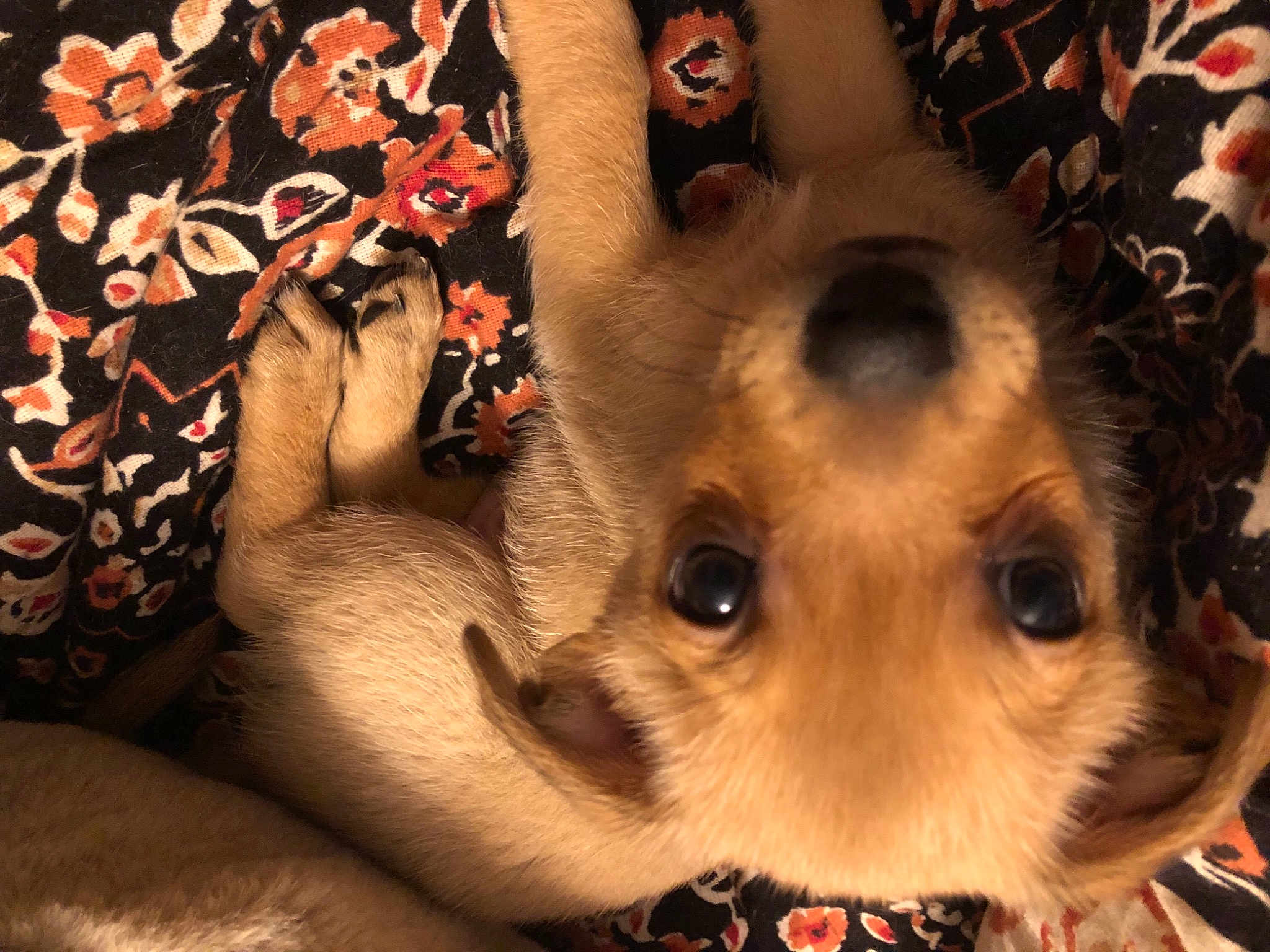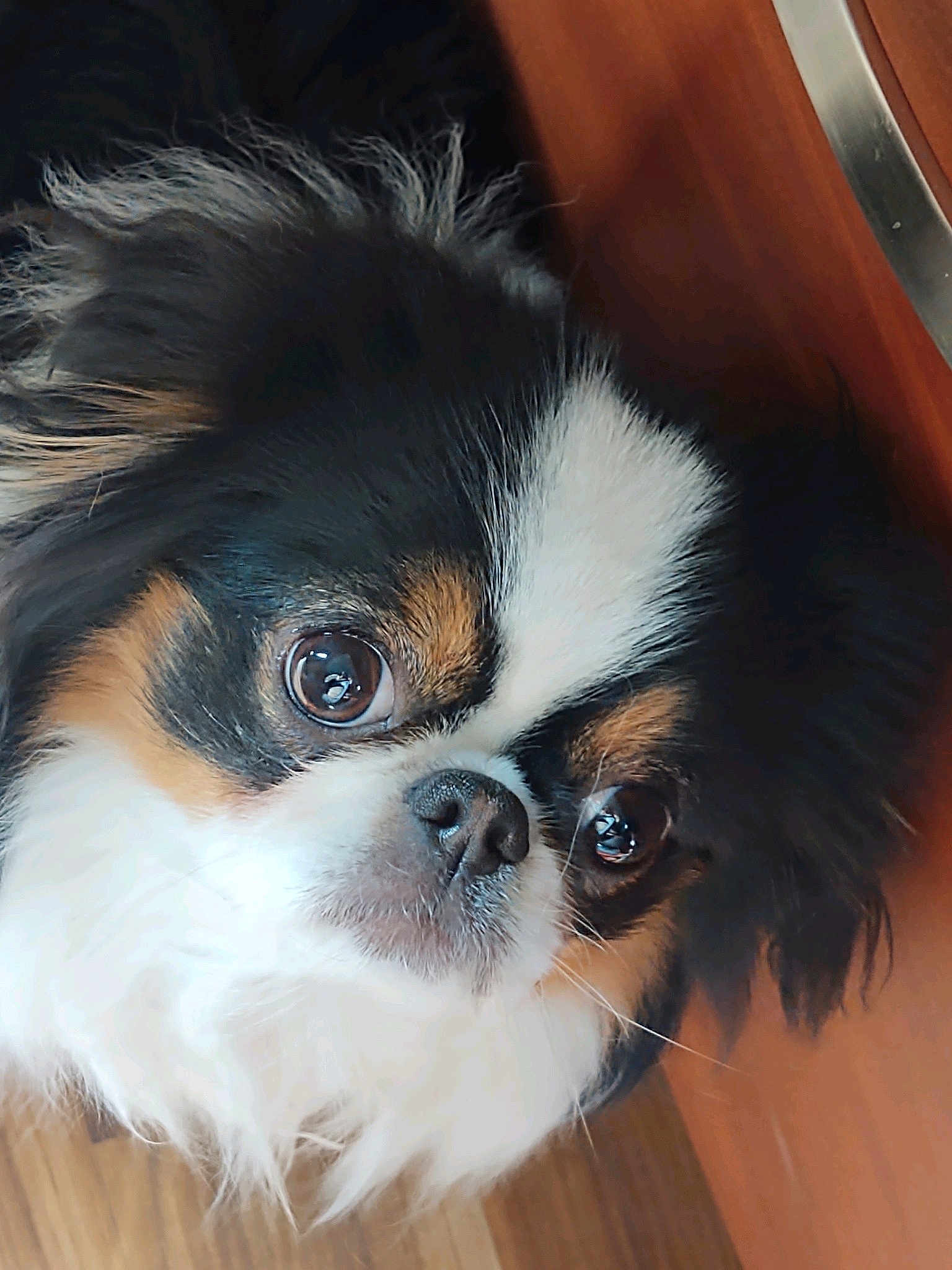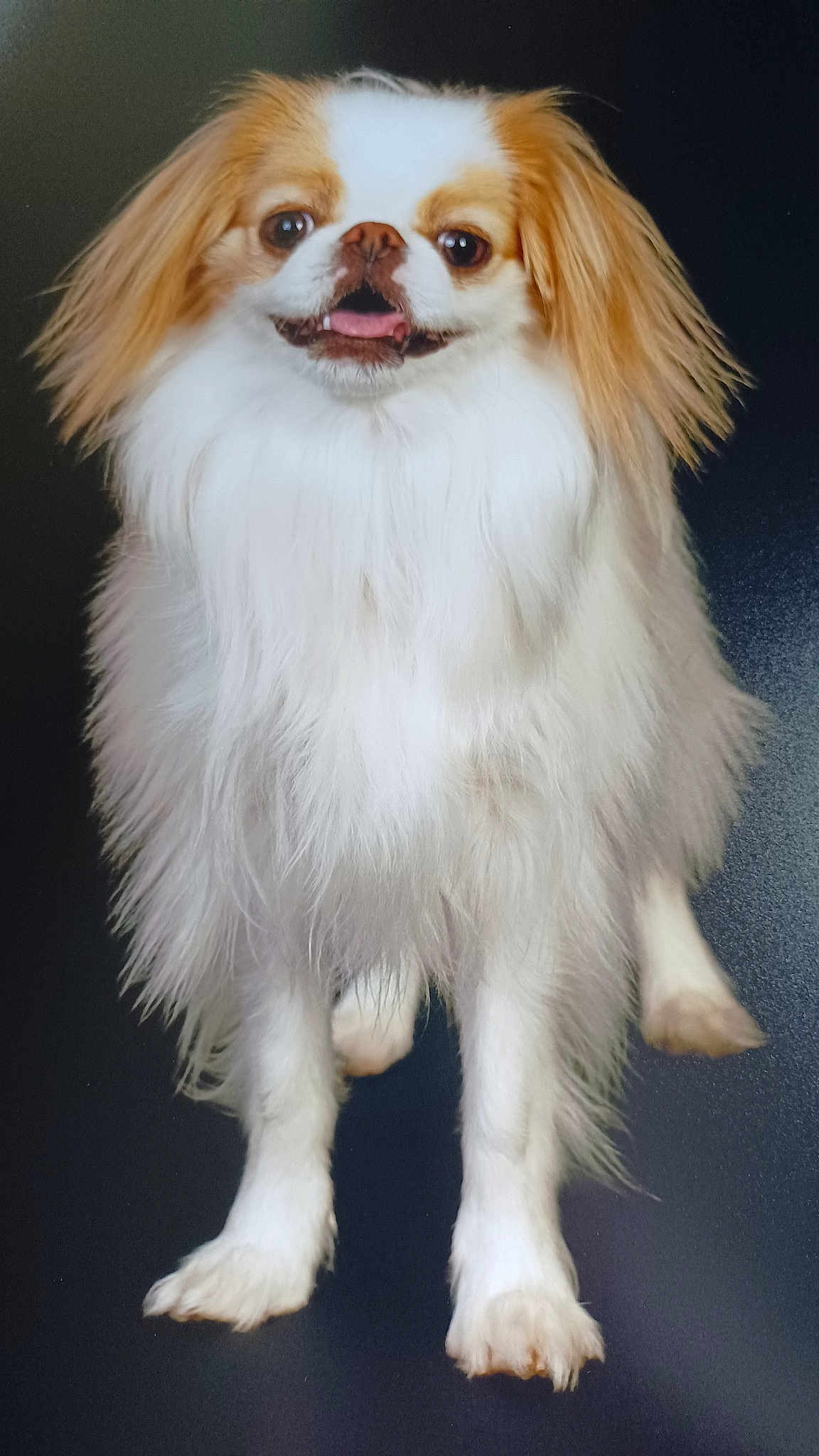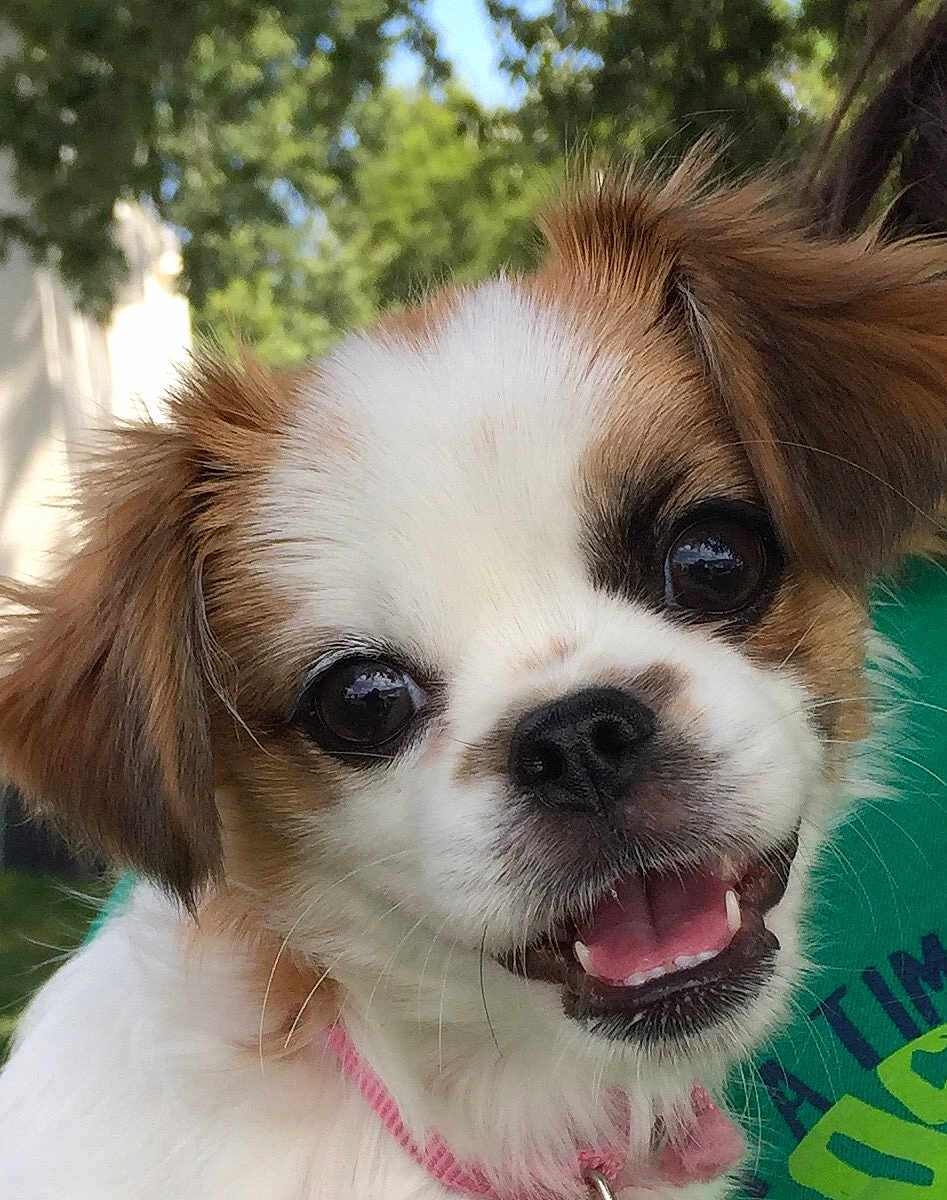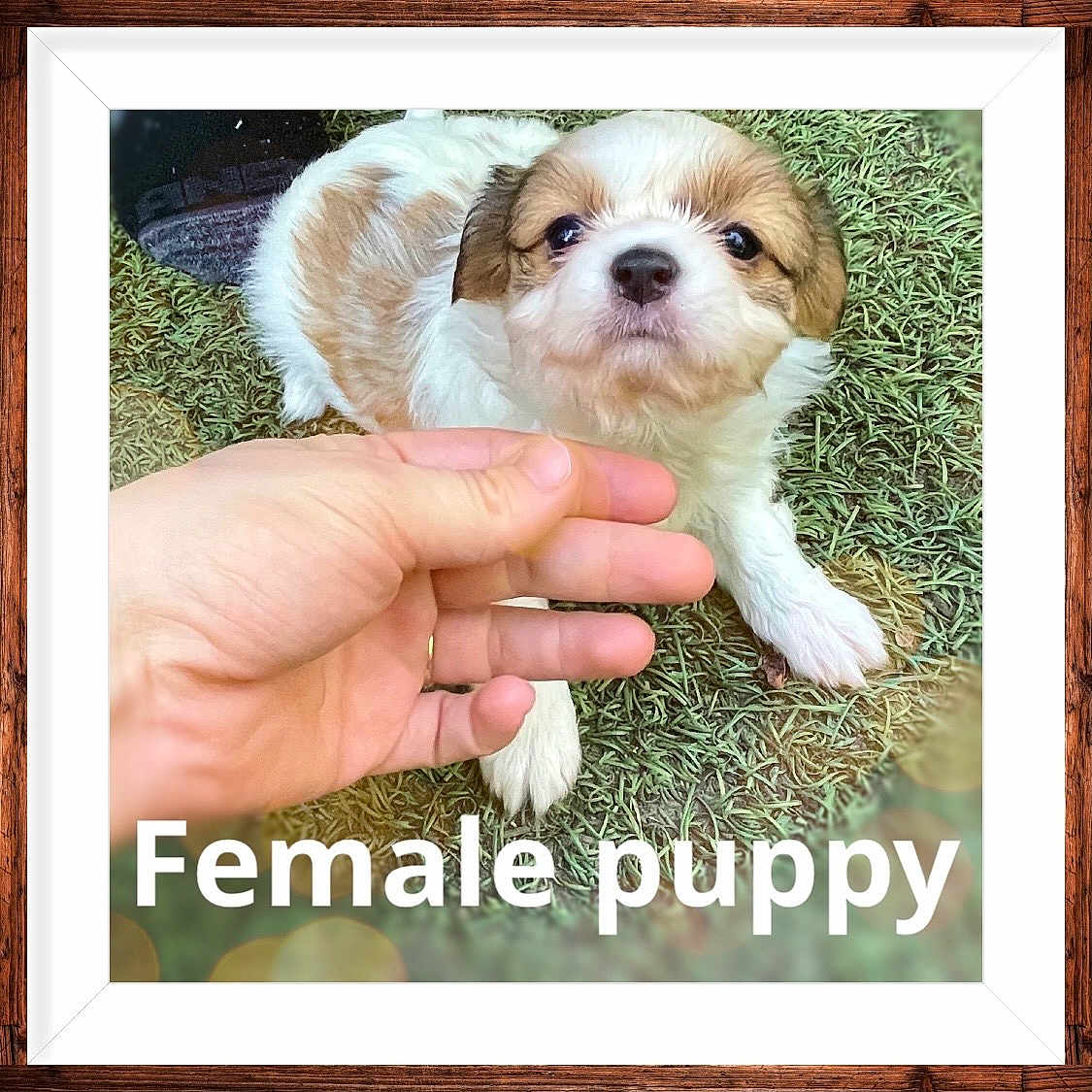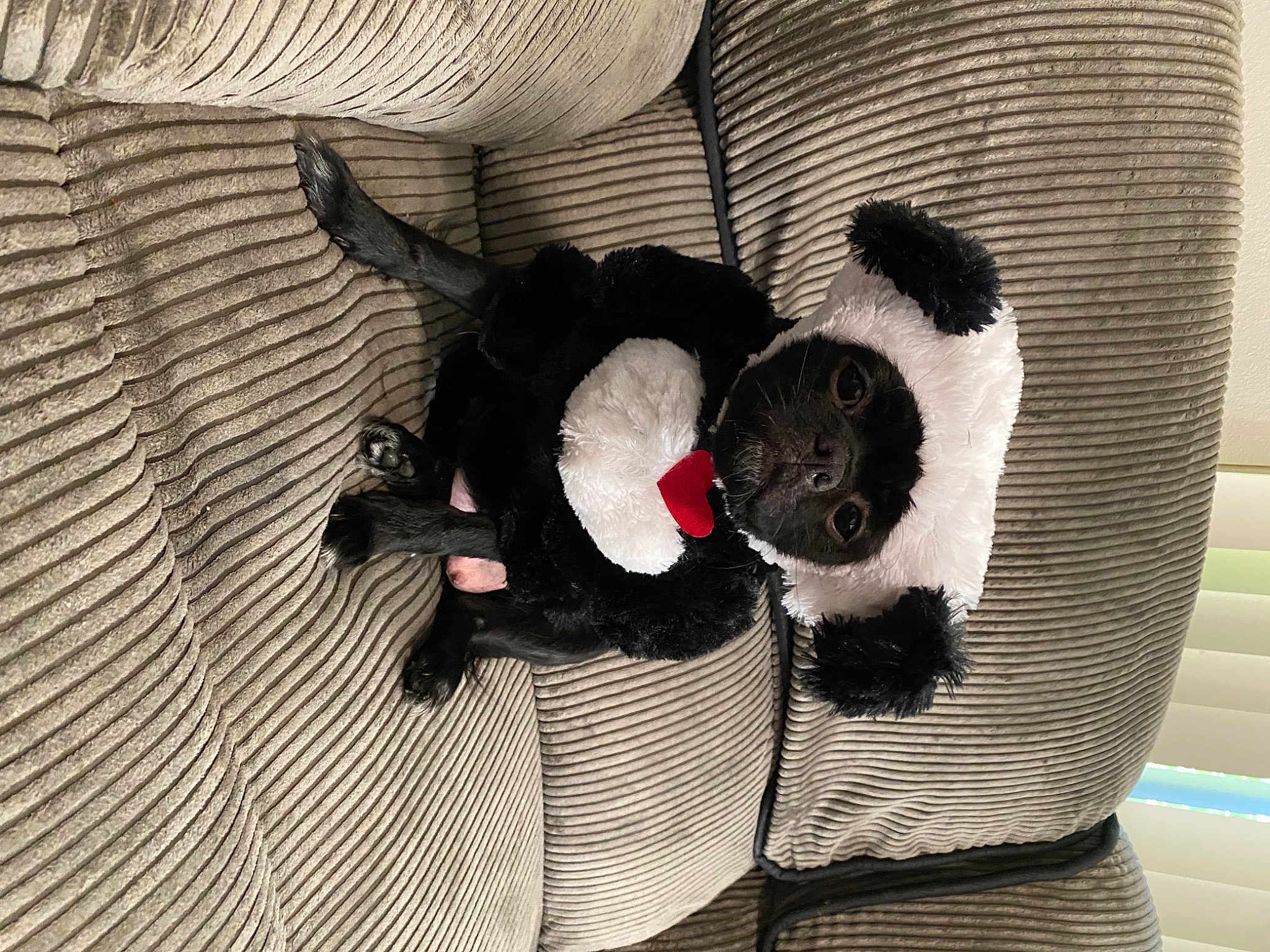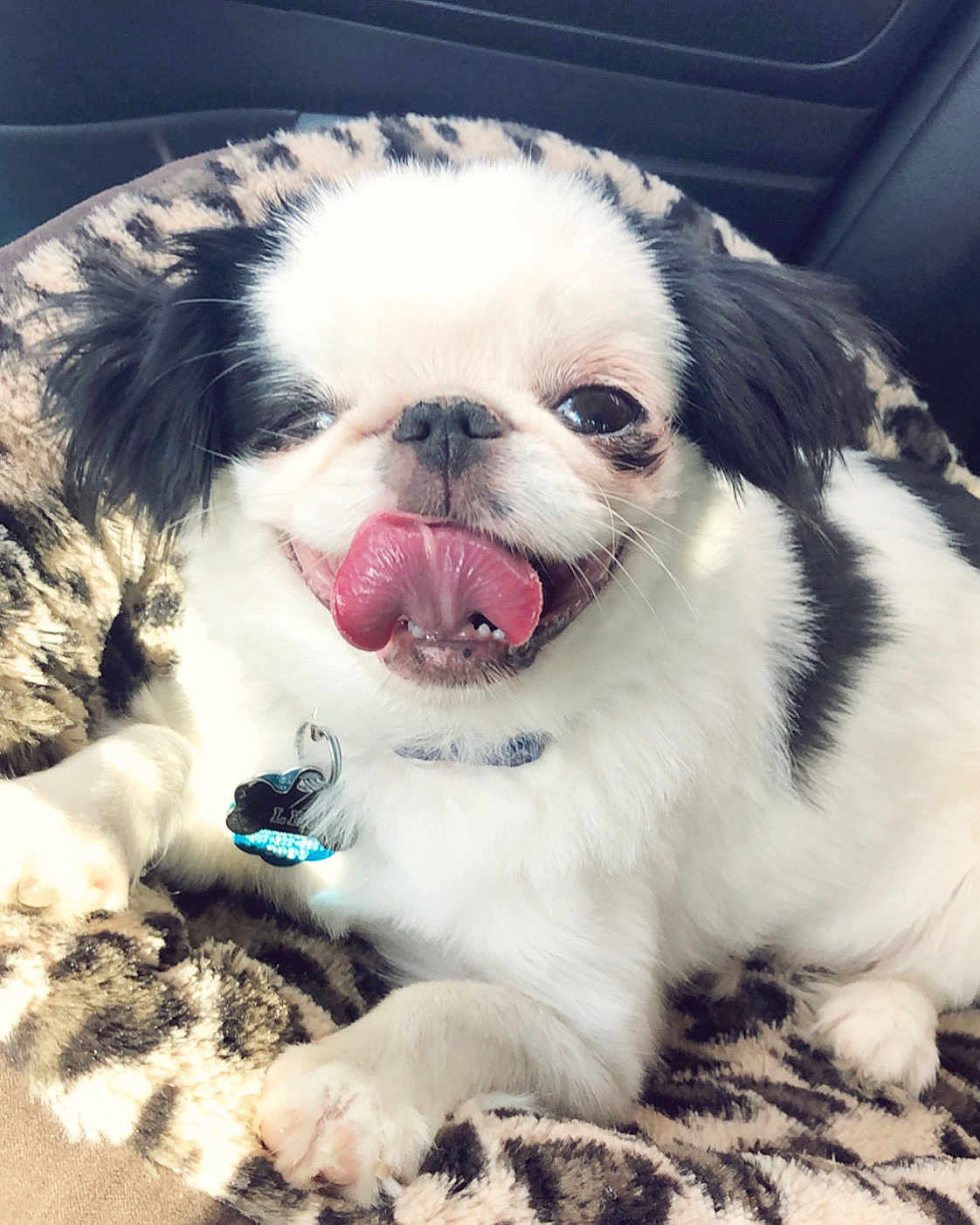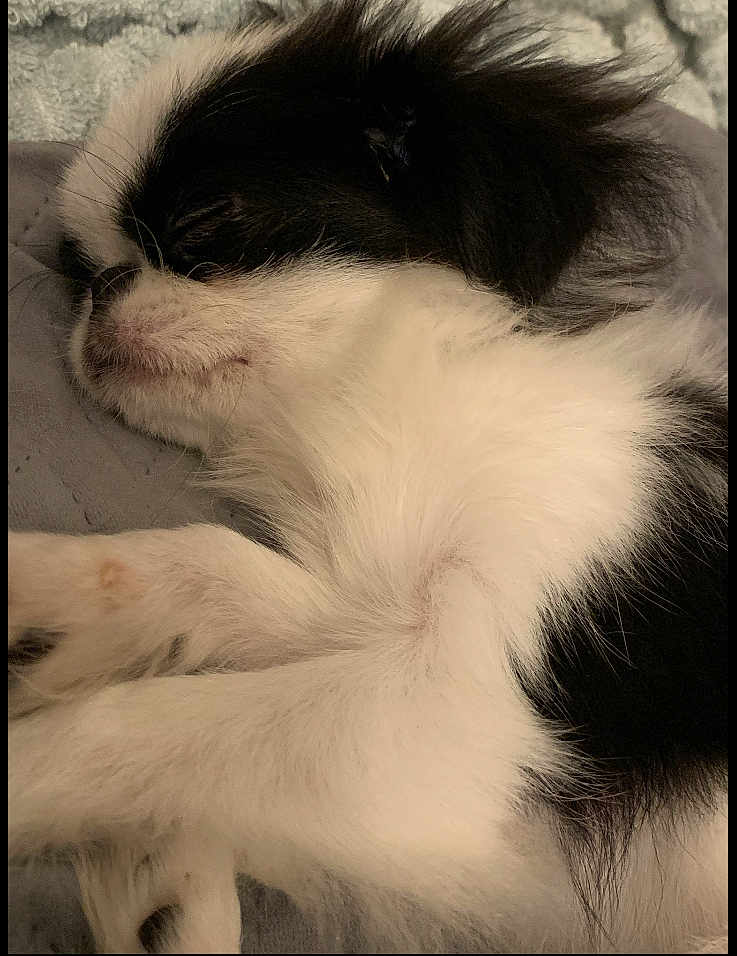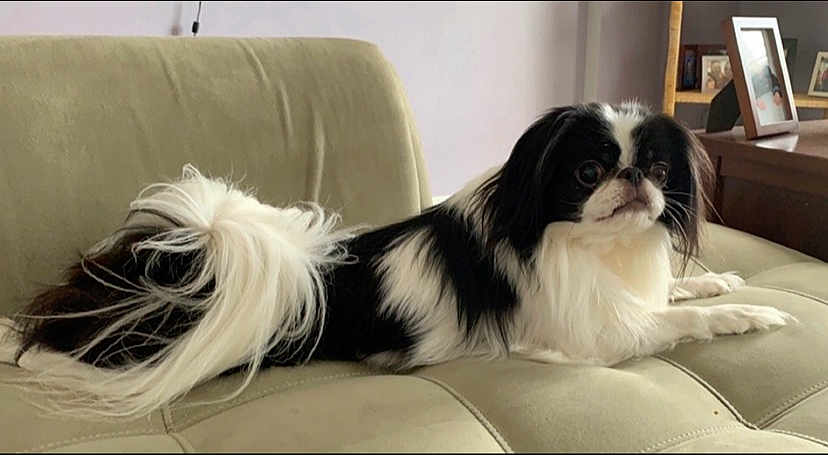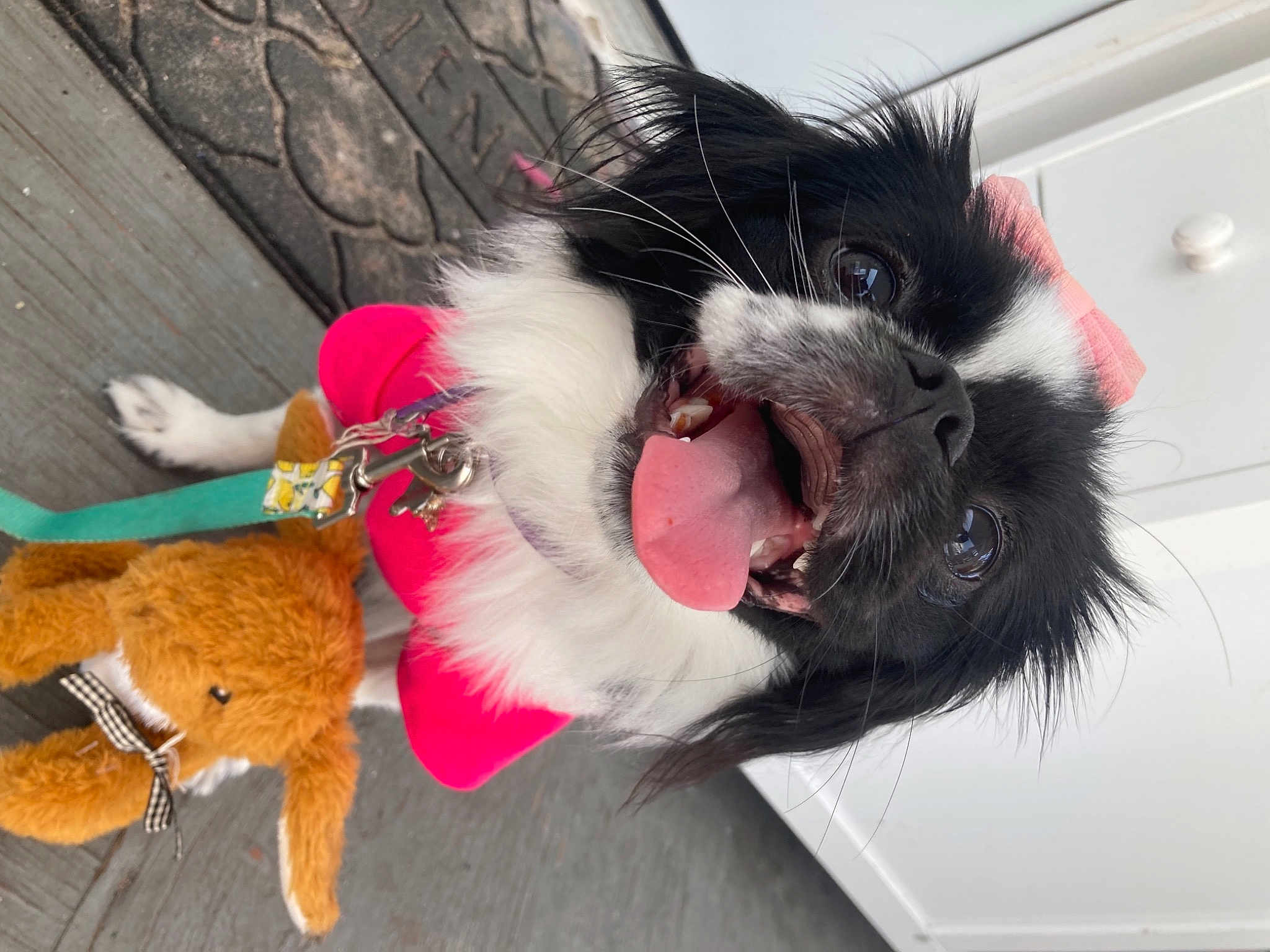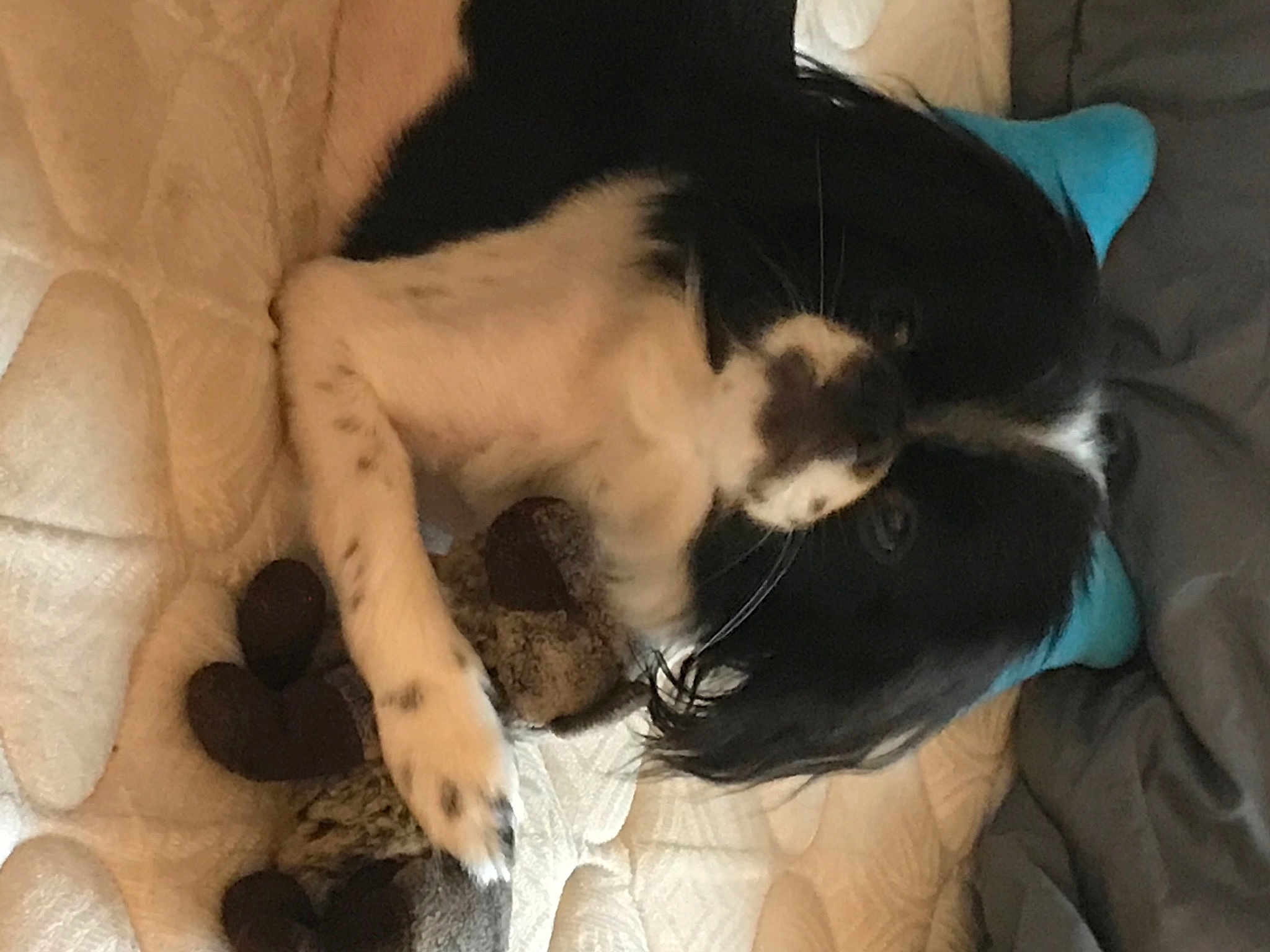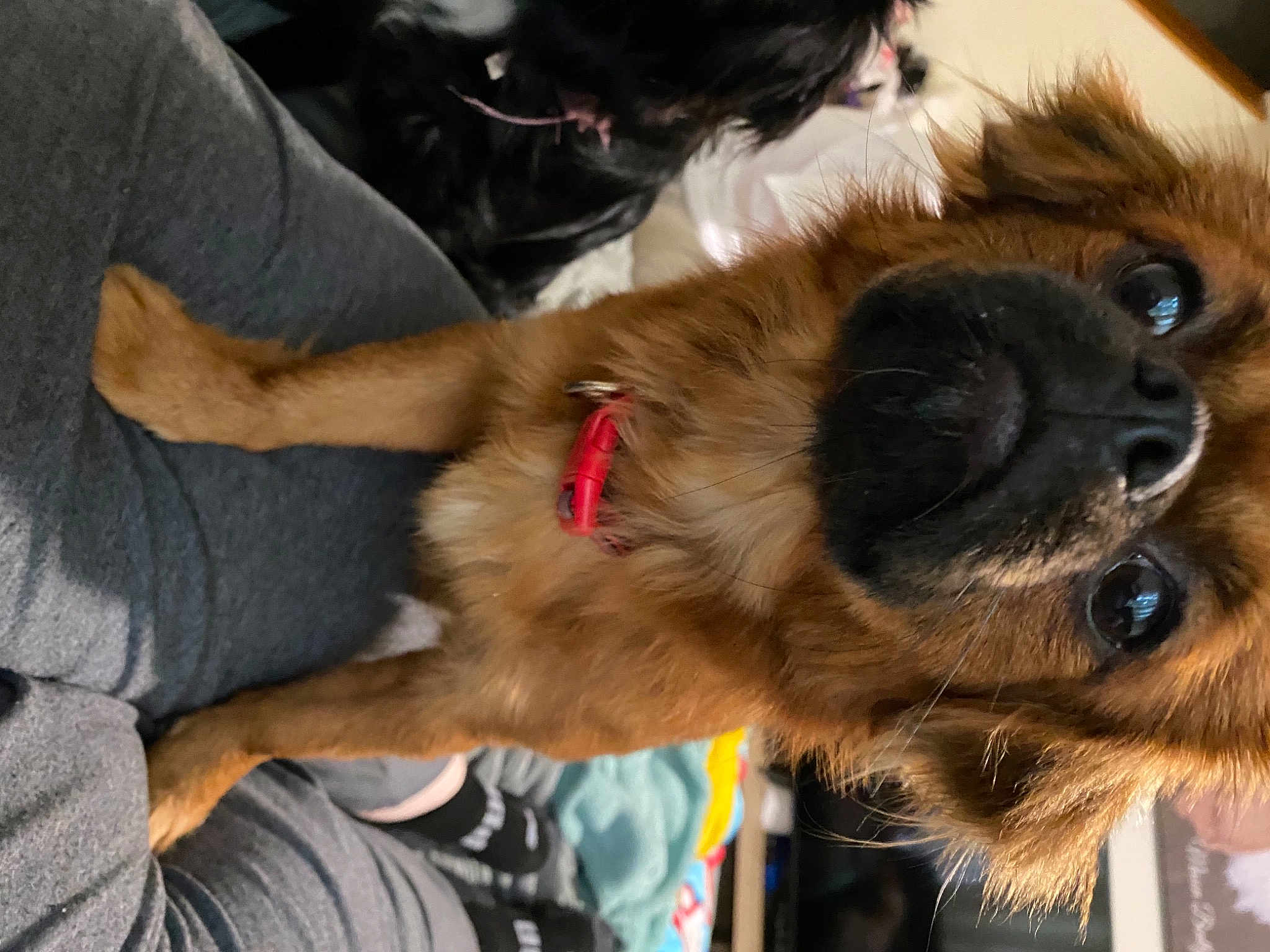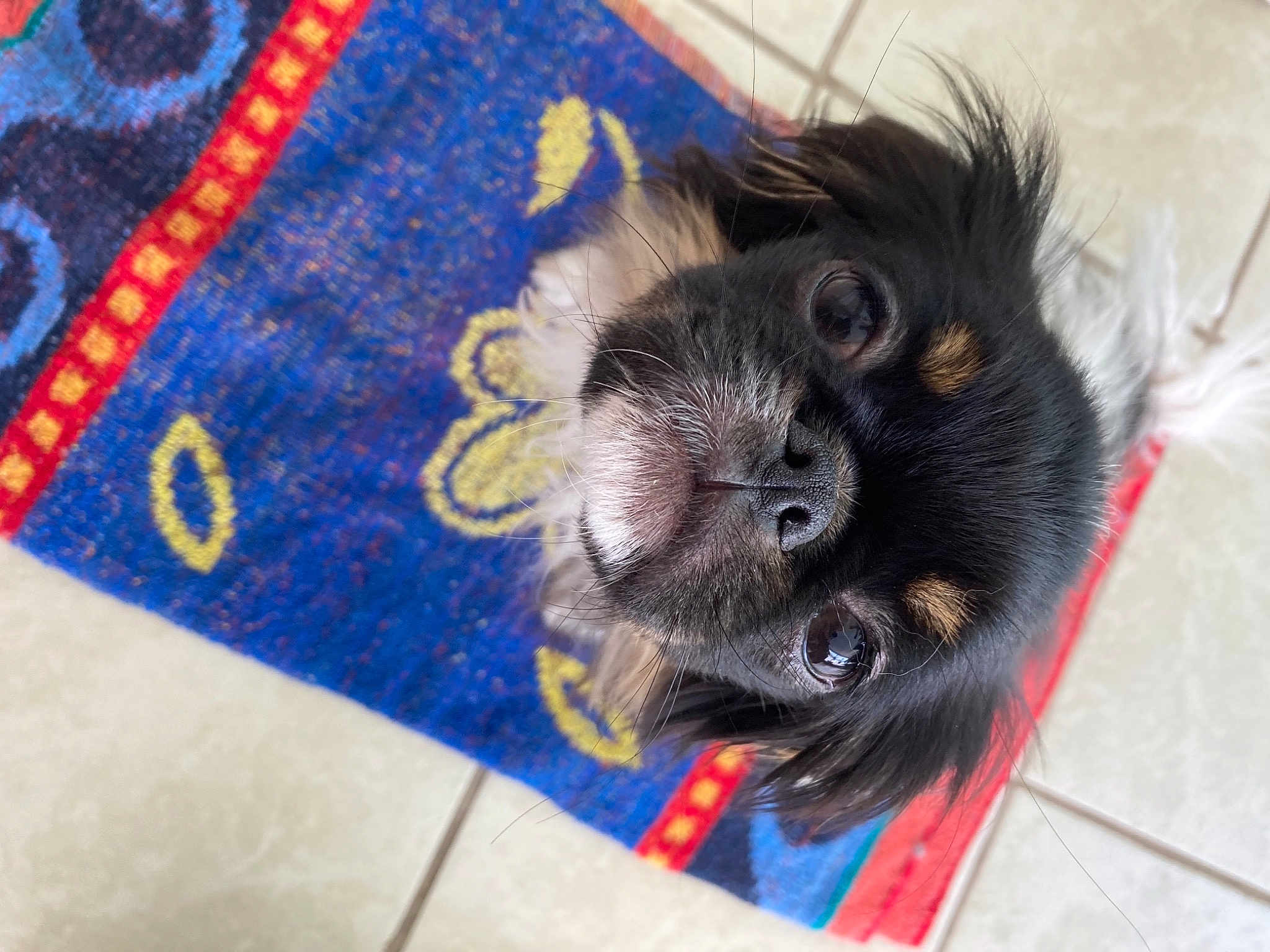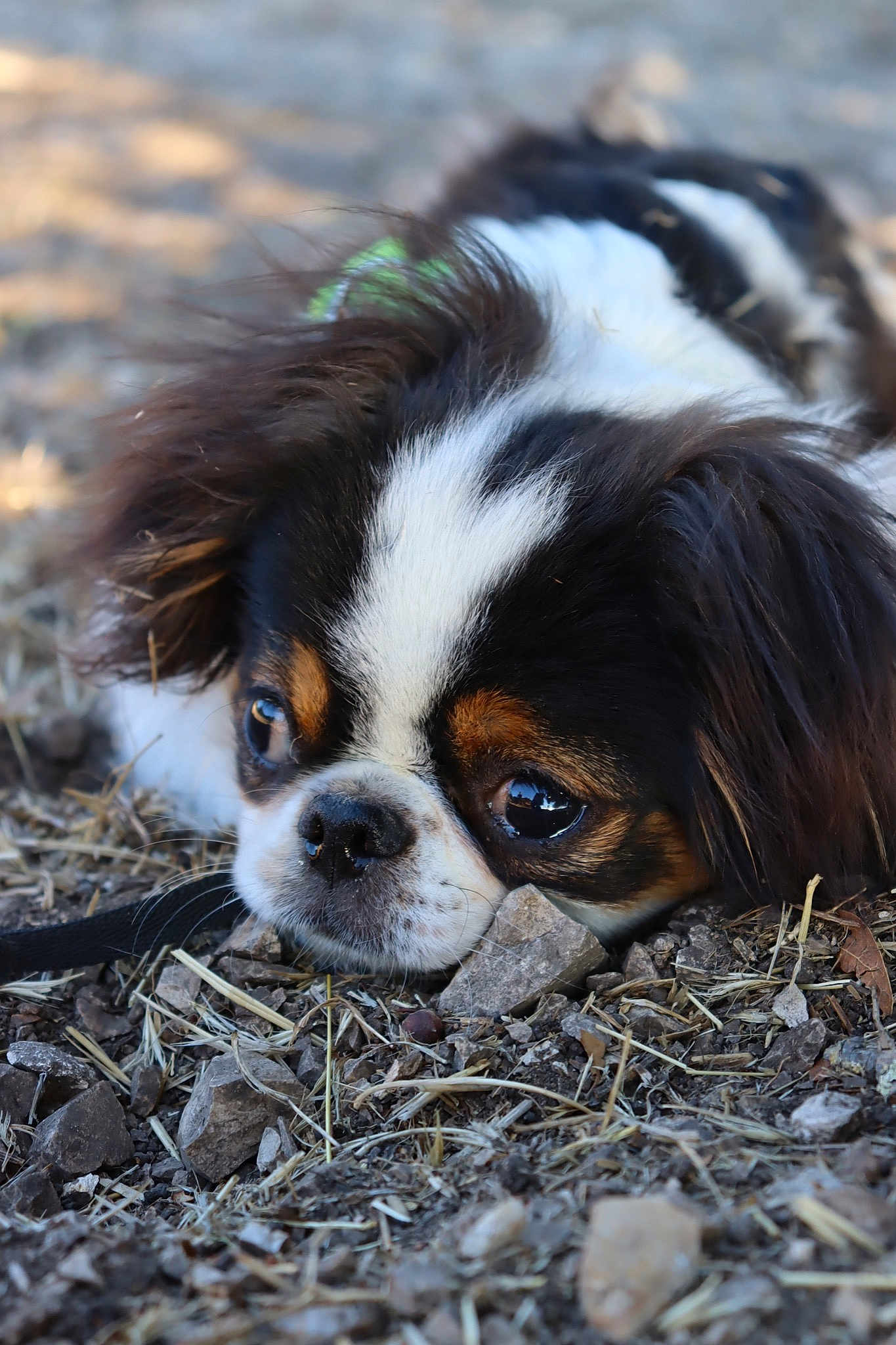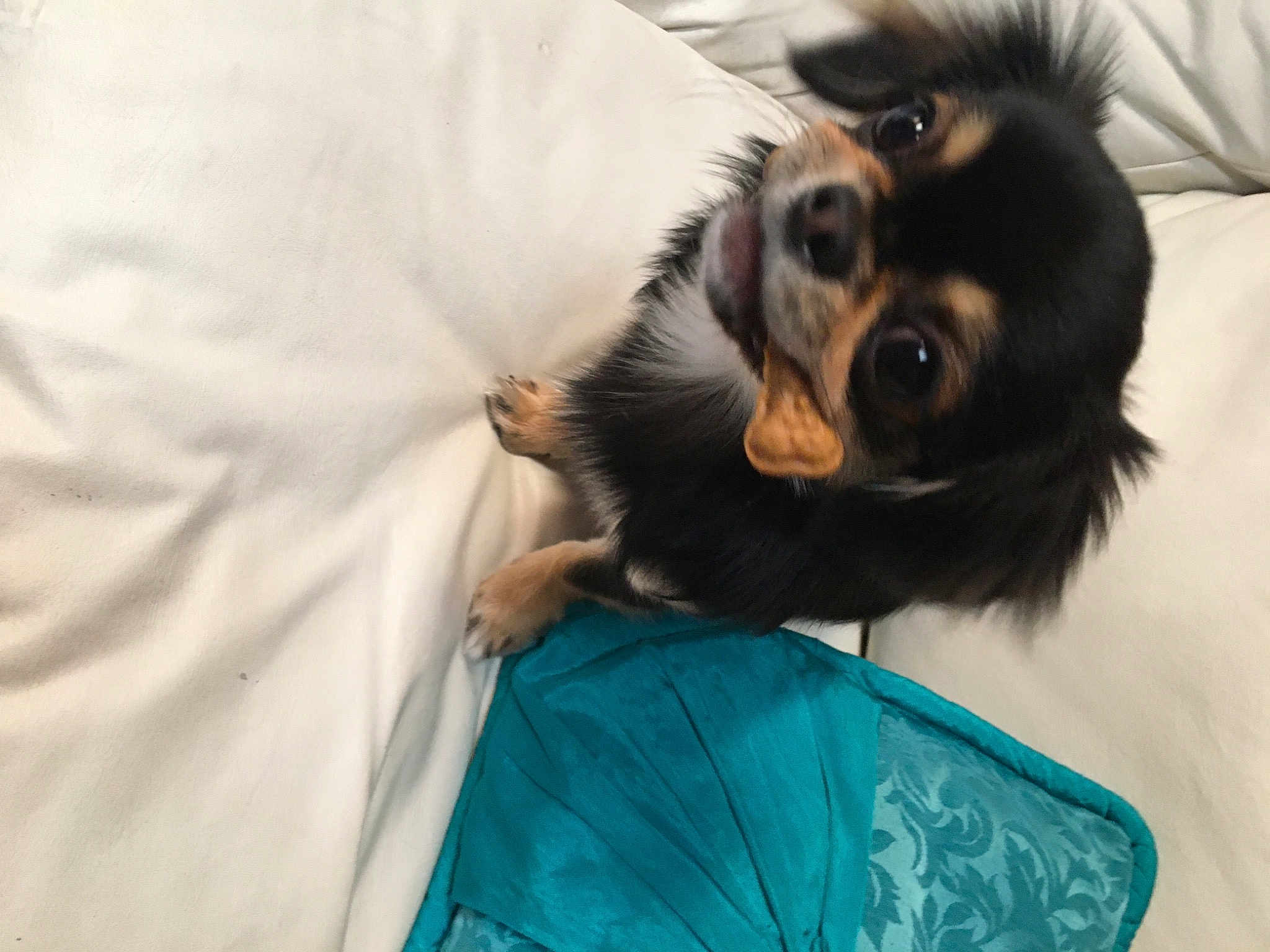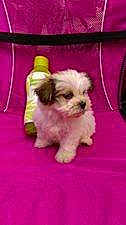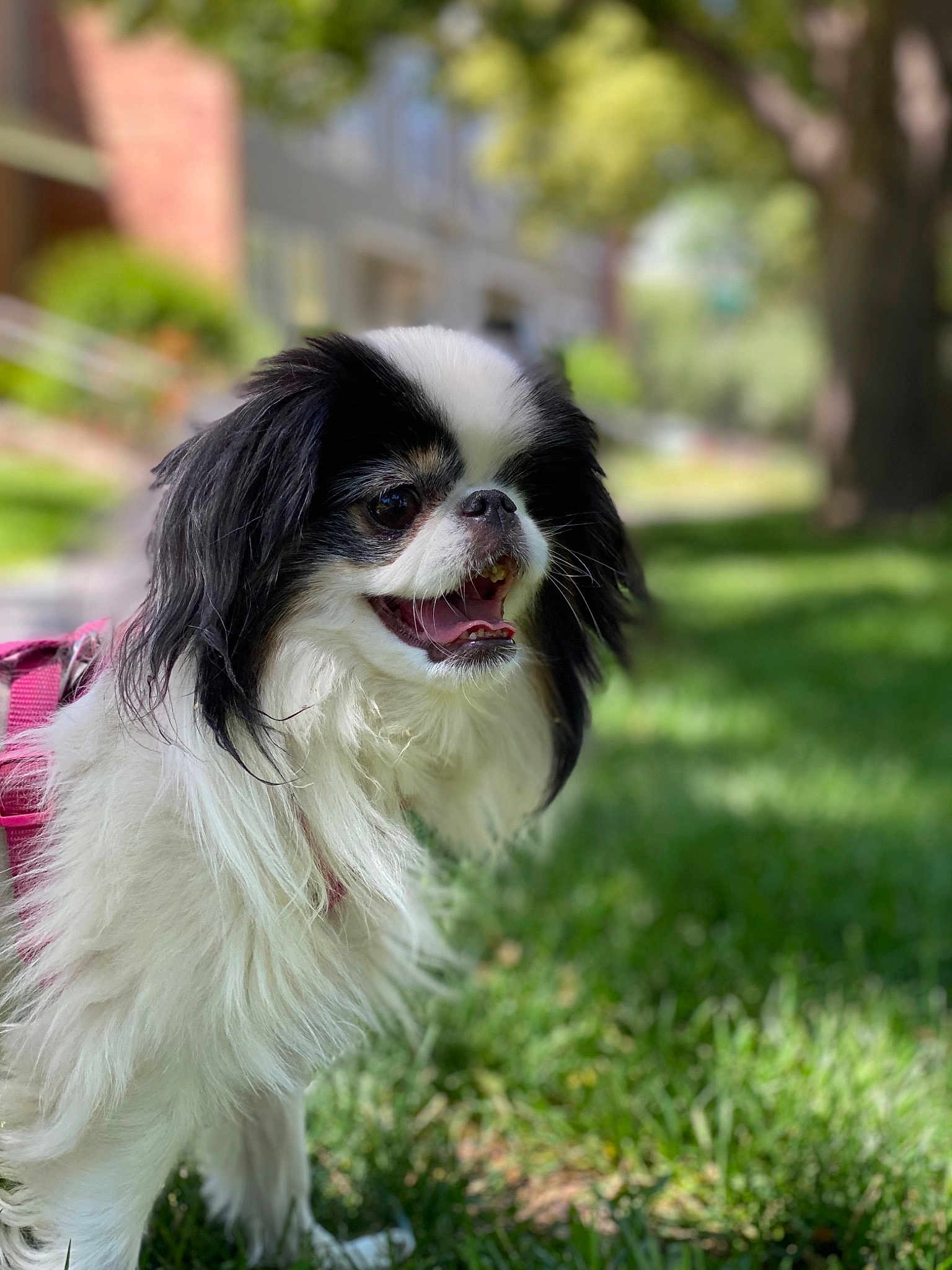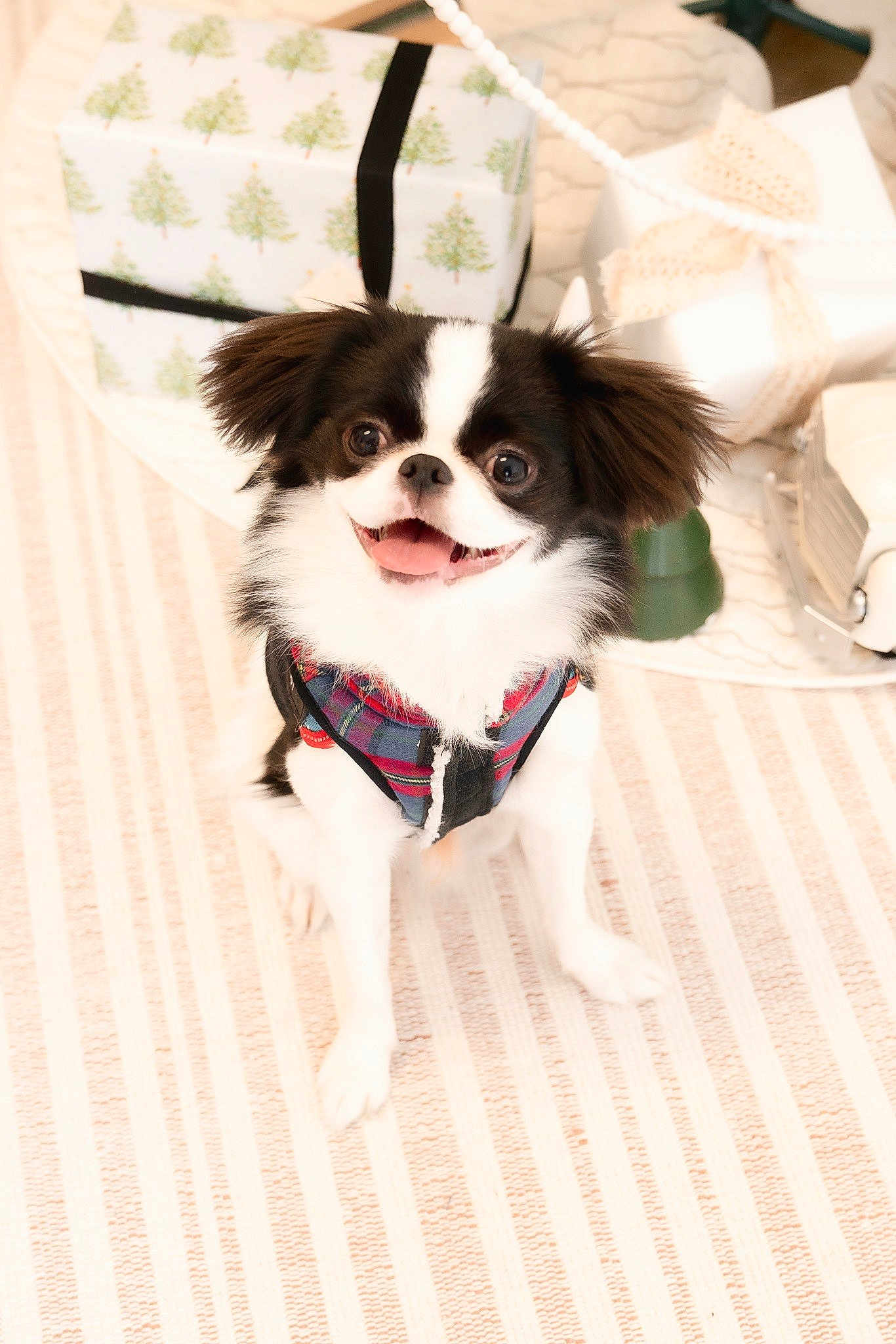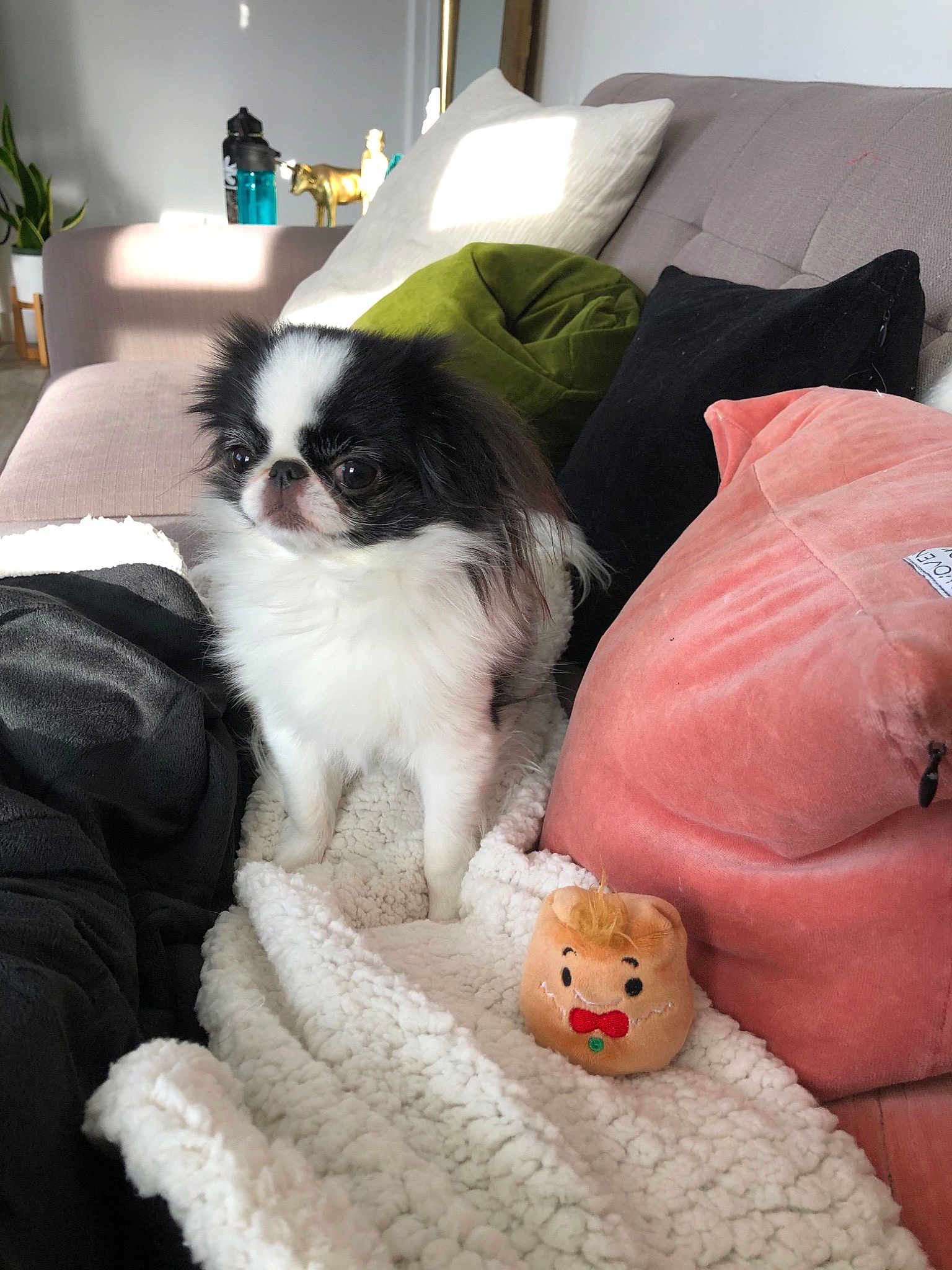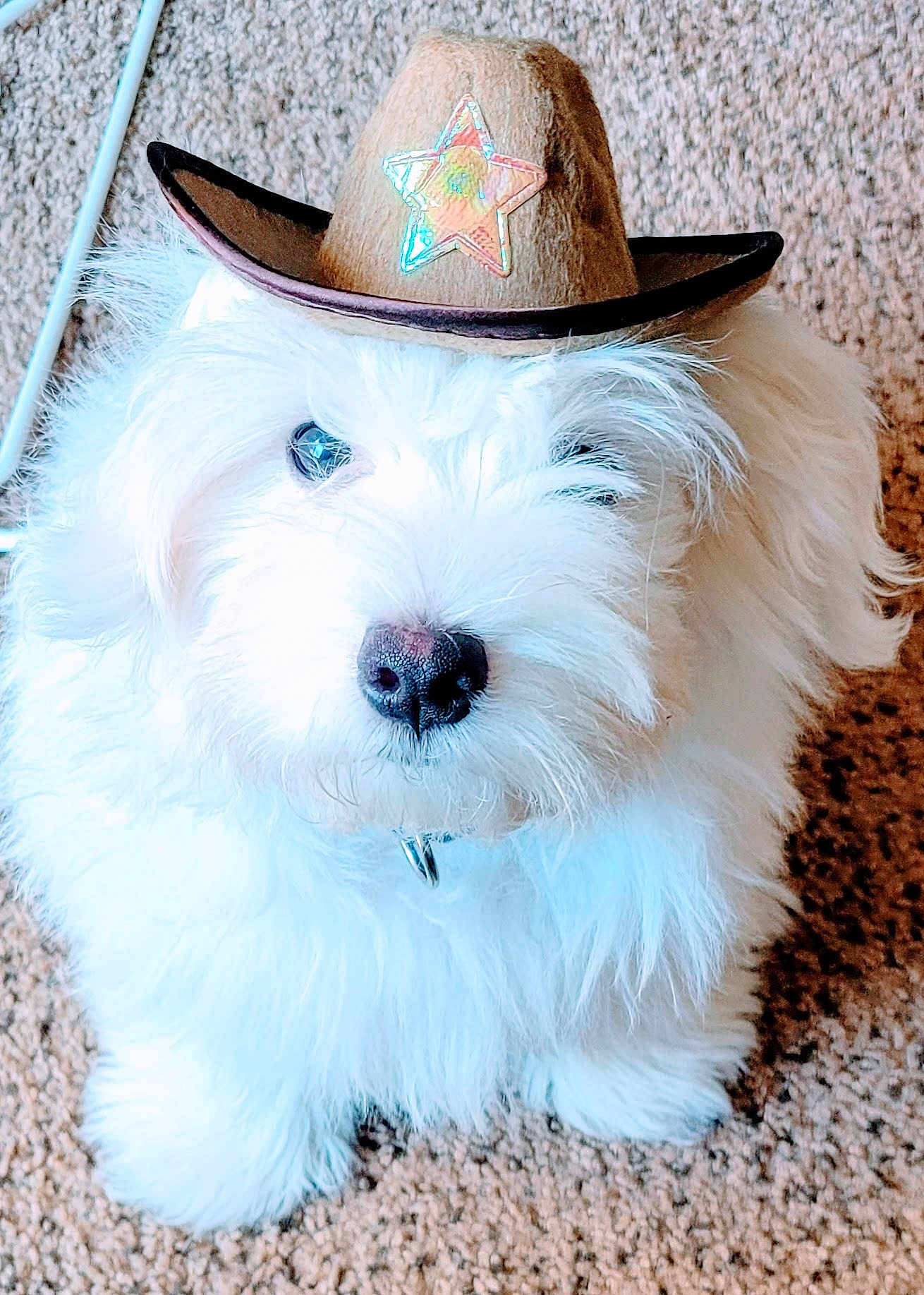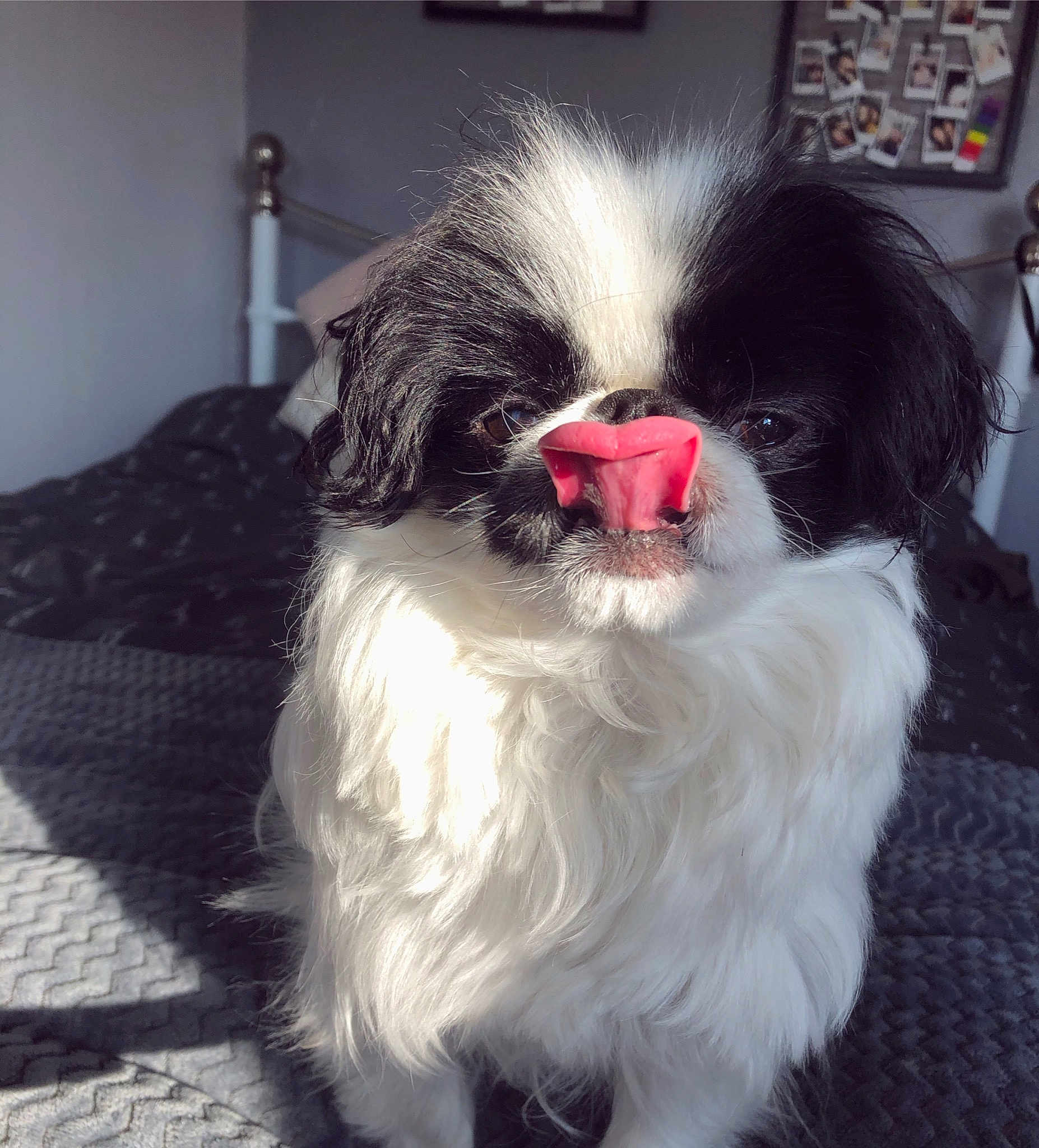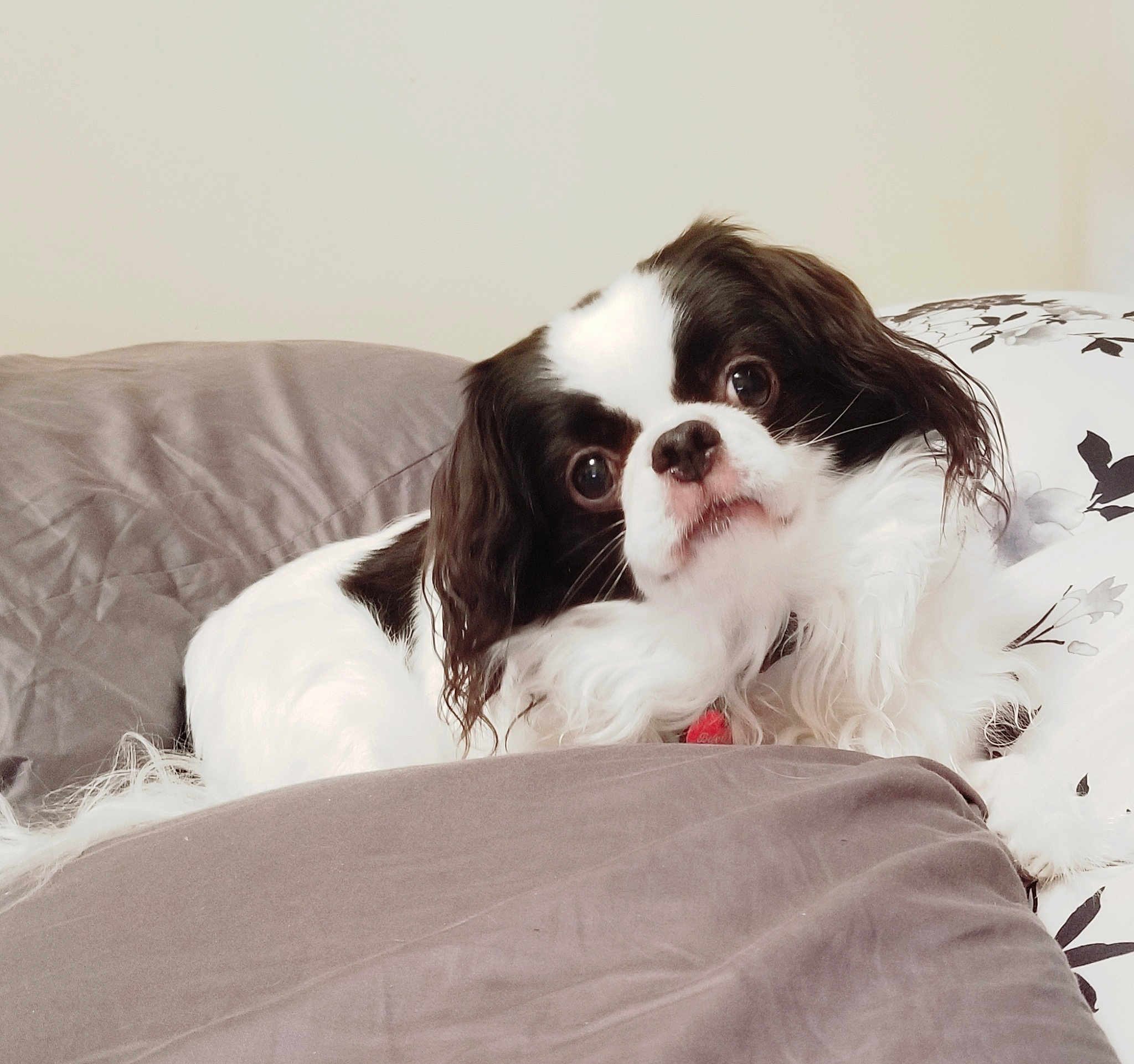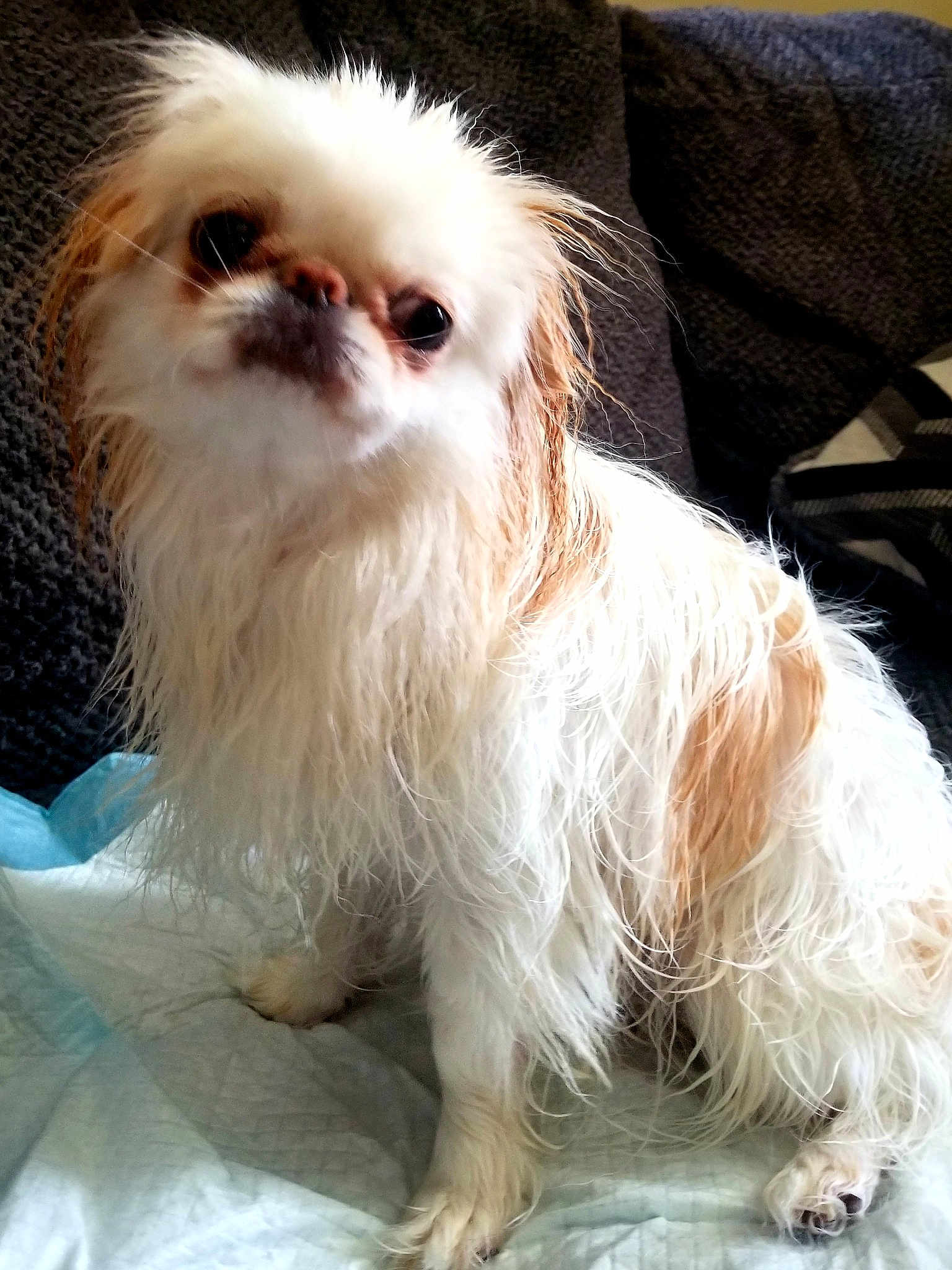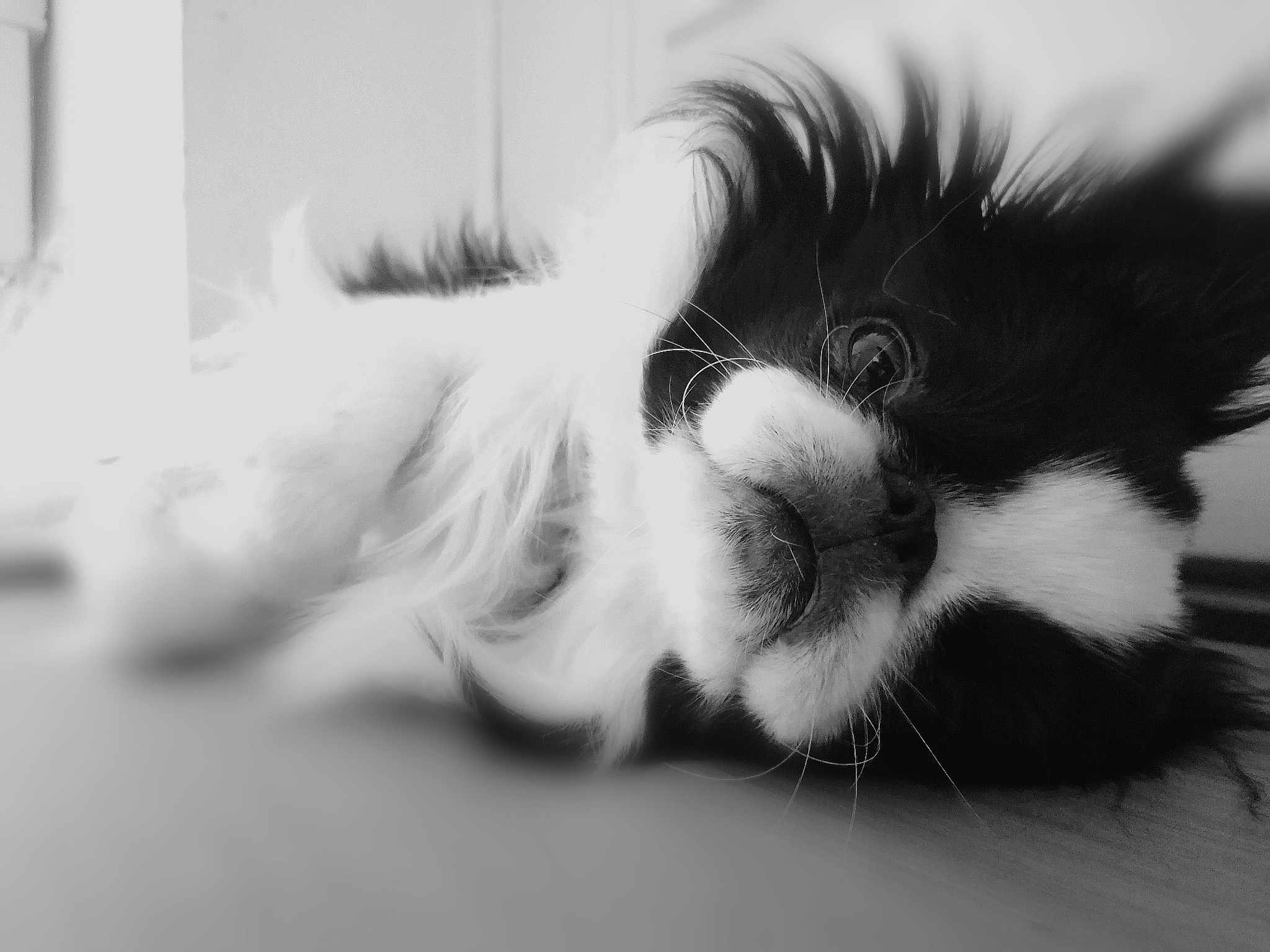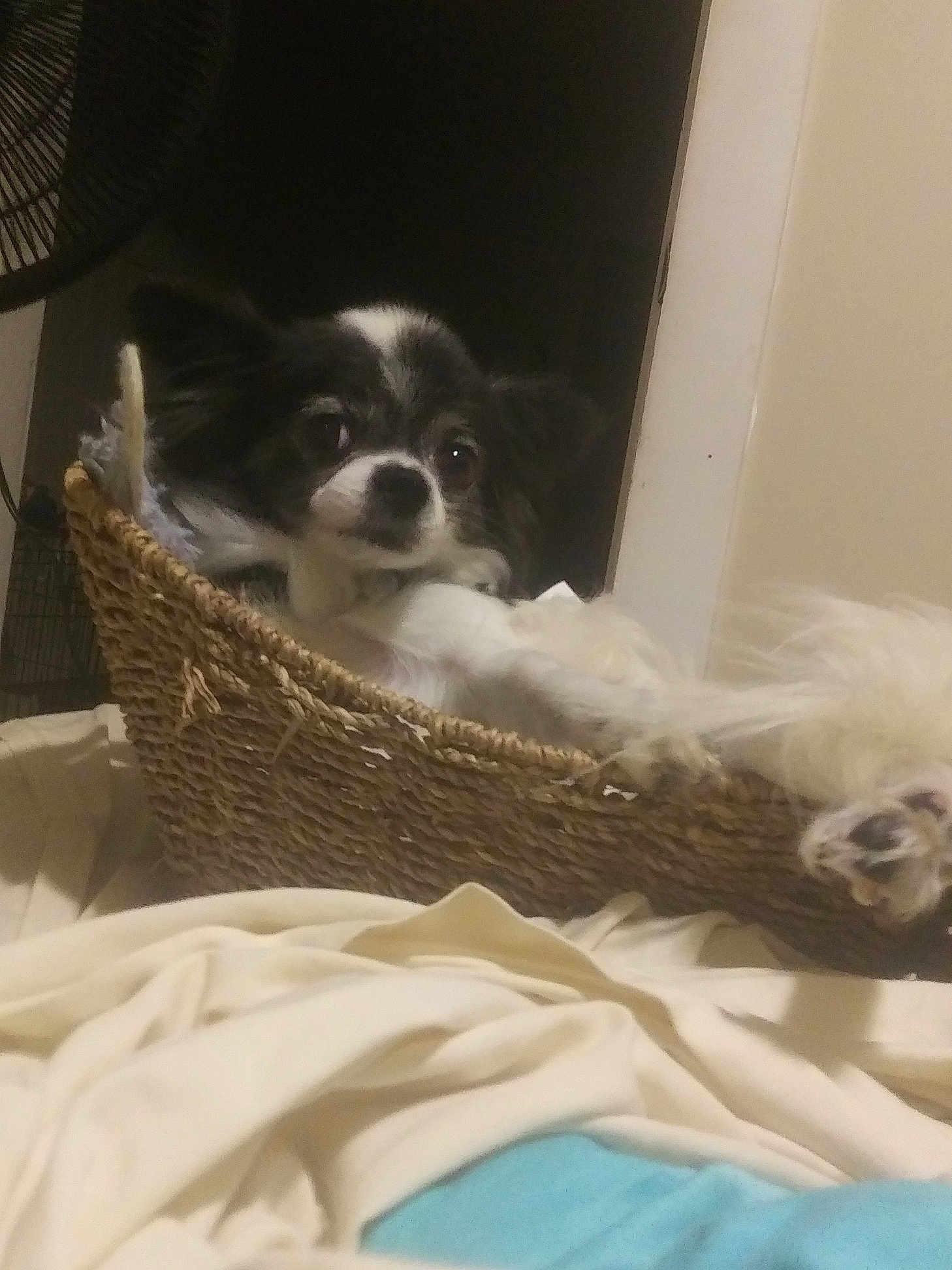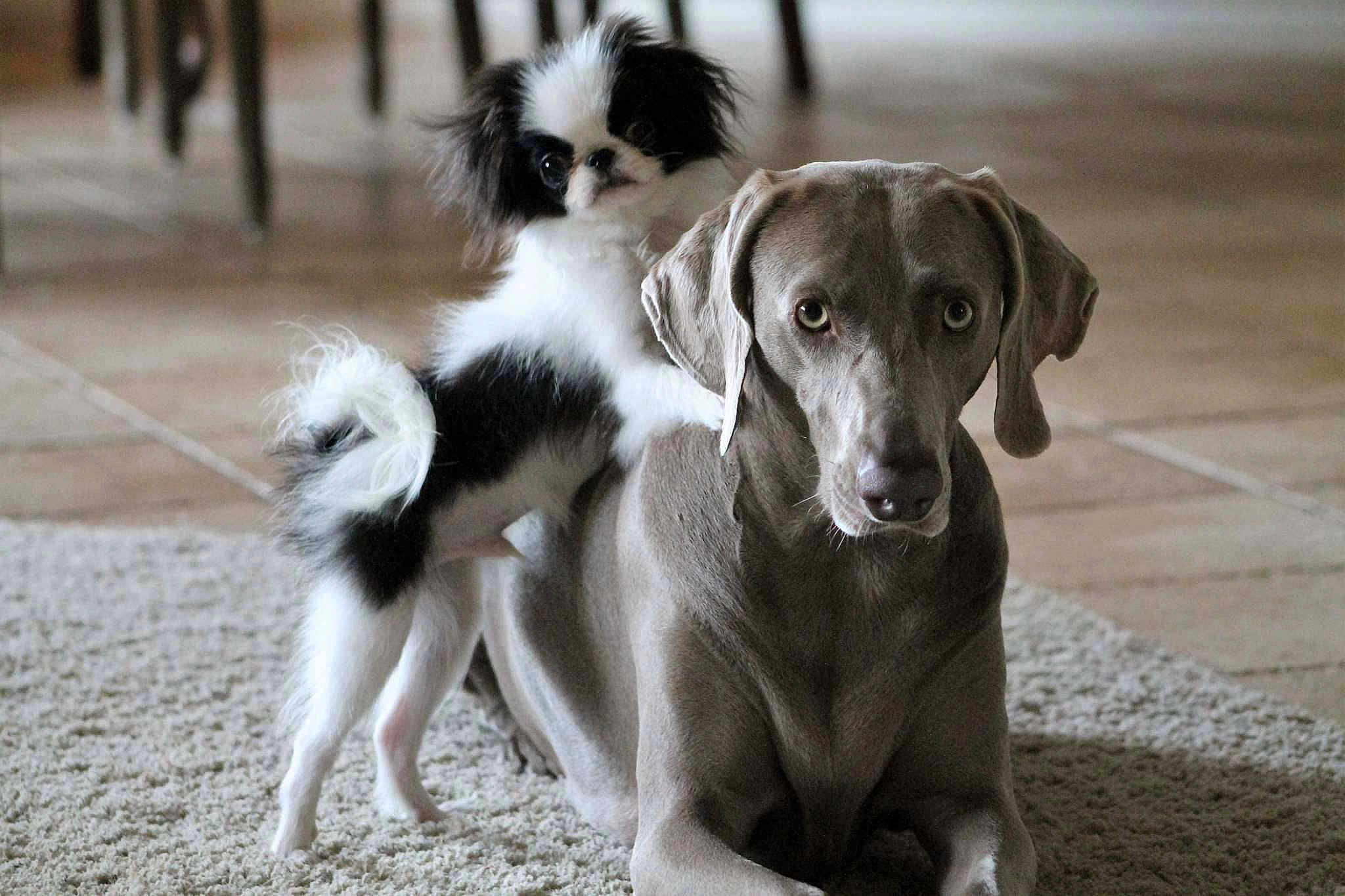
Did you know the Japanese Chin was once considered a prized possession among Japanese nobility and was often kept by the royalty as a treasured lap dog? This delicate yet lively breed continues to capture hearts around the world with its unique charm and elegance.
Personality and Behavior of the Japanese Chin
The Japanese Chin is a breed known for its aristocratic demeanor and affectionate nature. Often described as elegant and graceful, this small dog is rich in personality despite its dainty appearance. They have a tendency to form strong bonds with their owners, often displaying loyalty and affection that is typical of companion breeds.
Apart from their loving nature, Japanese Chins are also notably playful and intelligent. They enjoy engaging in playful activities and often exhibit a curious demeanor. Their playful yet gentle temperament makes them an excellent companion for families and individuals alike. However, they can be somewhat reserved with strangers, initially appearing aloof until they get to know new people better.
This breed is renowned for its independence; they do not typically suffer from severe separation anxiety, making them well-suited to pet owners who may need to leave them alone for short periods. Socialization is key for the Japanese Chin to help ensure they remain well-mannered and friendly in various settings, as they might be reticent around new dogs or people if not properly socialized from a young age.
A little-known fact about the Japanese Chin is its remarkable agility and sense of balance. Historically, they were known to perform tricks for the aristocracy, showcasing their playful and intelligent nature.
Meanings, History and Origins of the name Japanese Chin
The origins of the Japanese Chin’s name are as fascinating as the breed itself. The word "Chin" in Japanese culture is often associated with nobility and high social status, reflecting the dog's historical role as an esteemed companion to the Japanese aristocracy. Unlike many breeds that have names reflecting their skills or physical attributes, the Japanese Chin’s name signifies their esteemed place in society.
Historical records suggest that the Japanese Chin may have been gifted to Japanese royalty as early as the 8th century by Korean or Chinese emissaries. This breed then flourished under the careful breeding practices of the Japanese, becoming a favored pet among nobility. During the Edo period, they were bred selectively within the confines of the royal courts, emphasizing their unique features and enhancing their status as symbols of aristocracy and refinement.
This breed's name also reflects its international journey. When Japanese Chins were first introduced to Western countries in the 19th century, they quickly became the dogs of choice among European and American high society, thus carrying their name—and their air of sophistication—across the globe.
Popularity of the Japanese Chin
The Japanese Chin has maintained a steady popularity within both Japan and Western countries, largely thanks to its charming personality and manageable size. In Japan, they are still viewed as a breed of high status, often seen as a living connection to the nation's regal past.
In English-speaking countries, their popularity surged during the Victorian era, particularly in the United Kingdom and the United States. Queen Alexandra of England was famously fond of Japanese Chins, which significantly boosted the breed's reputation among the English nobility. Similarly, in the United States, they were favored by the elite and were often seen as a symbol of elegance and sophistication.
Today, the Japanese Chin continues to enjoy popularity among dog enthusiasts who appreciate their unique blend of grace, intelligence, and affectionate nature. However, they are generally considered a more niche breed, overshadowed somewhat by more common companion breeds like the Shih Tzu or the Pomeranian.
Health and Care of the Japanese Chin
The delicate nature of the Japanese Chin’s appearance belies a robust constitution, but they do have specific health concerns that potential owners should be aware of. Common issues include brachycephalic syndrome due to their flattened face, which can lead to breathing difficulties, especially in hot and humid conditions. Eye issues, such as progressive retinal atrophy and cataracts, are also more prevalent in this breed due to their prominent eyes.
Regular veterinary care and annual health screenings are essential to maintain their health. Dental hygiene is particularly important as small breeds like the Japanese Chin can be prone to dental issues. Feeding them a balanced diet suited to small breeds is also crucial to ensure they receive the appropriate nutrients without gaining excessive weight.
Grooming, though not overly demanding, should be done consistently. The Japanese Chin has a single coat that is silk-like and quite manageable with regular brushing. Bathing should be done as needed, ensuring their coat and skin remain clean and healthy. Due to their short muzzle, avoid over-exertion in hot weather to prevent respiratory distress.
Training and Education of the Japanese Chin
The Japanese Chin is an intelligent and eager-to-please breed, making them relatively easy to train. Positive reinforcement methods work best with this breed, as they respond well to rewards and praise. Patience is key, as their independent streak can sometimes make training a slow process.
Early socialization is critical for the Japanese Chin. Exposing them to a variety of people, places, and other animals while they are young helps them grow into well-rounded adults. While they are generally friendly and well-behaved, their naturally reserved nature means they can be cautious or shy if not properly socialized.
House training a Japanese Chin may take some time, as with many small breeds. Crate training can be beneficial, providing them with a safe and comfortable space that can also assist in house training efforts. Basic obedience training, such as commands like sit, stay, and come, should be started early to instill good behavior.
...
Choosing the right dog requires consideration of various factors, including your lifestyle, living arrangements, and personal preferences. The Japanese Chin particularly stands out for those seeking a small, affectionate, and intelligent companion with a rich historical background. These qualities also make them a frequent favorite in KingPet contests, where their elegance and charm continue to win hearts. Selecting a Japanese Chin as your furry friend promises not only a delightful pet but a connection to a storied and noble heritage.





